GloCALL 2024: Opportunities and Challenges in Using AI for Language Teaching and Learning
The integration of information technology, particularly artificial intelligence (AI), into language teaching and learning is an inevitable trend in advanced education. However, it also presents significant challenges for educational institutions.
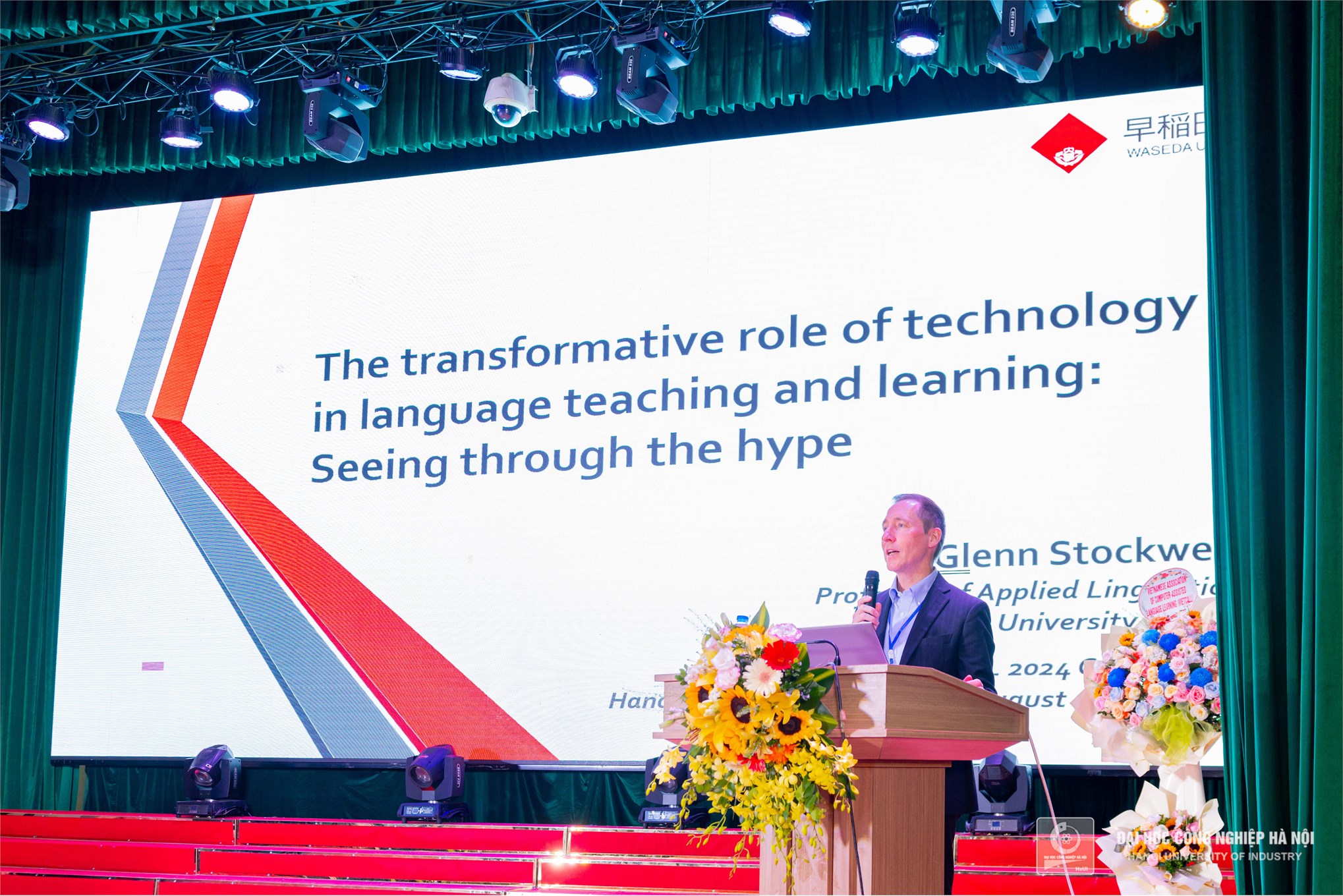
Prof. Dr. Glenn Stockwell from Waseda University shared insights into topic “the transformative role of technology in language teaching and learning: seeing through the hype”
At the 2024 International Conference on Globalization and Localization in Computer-Assisted Language Learning (GloCALL 2024), experts and scholars noted that the application of information technology, especially artificial intelligence, in language teaching and learning is becoming increasingly widespread in educational institutions around the world. To effectively integrate AI into the teaching process, educators must thoroughly understand the nature of these tools. This understanding will help enhance teaching quality, stimulate student interest, and gradually build a borderless academic environment.
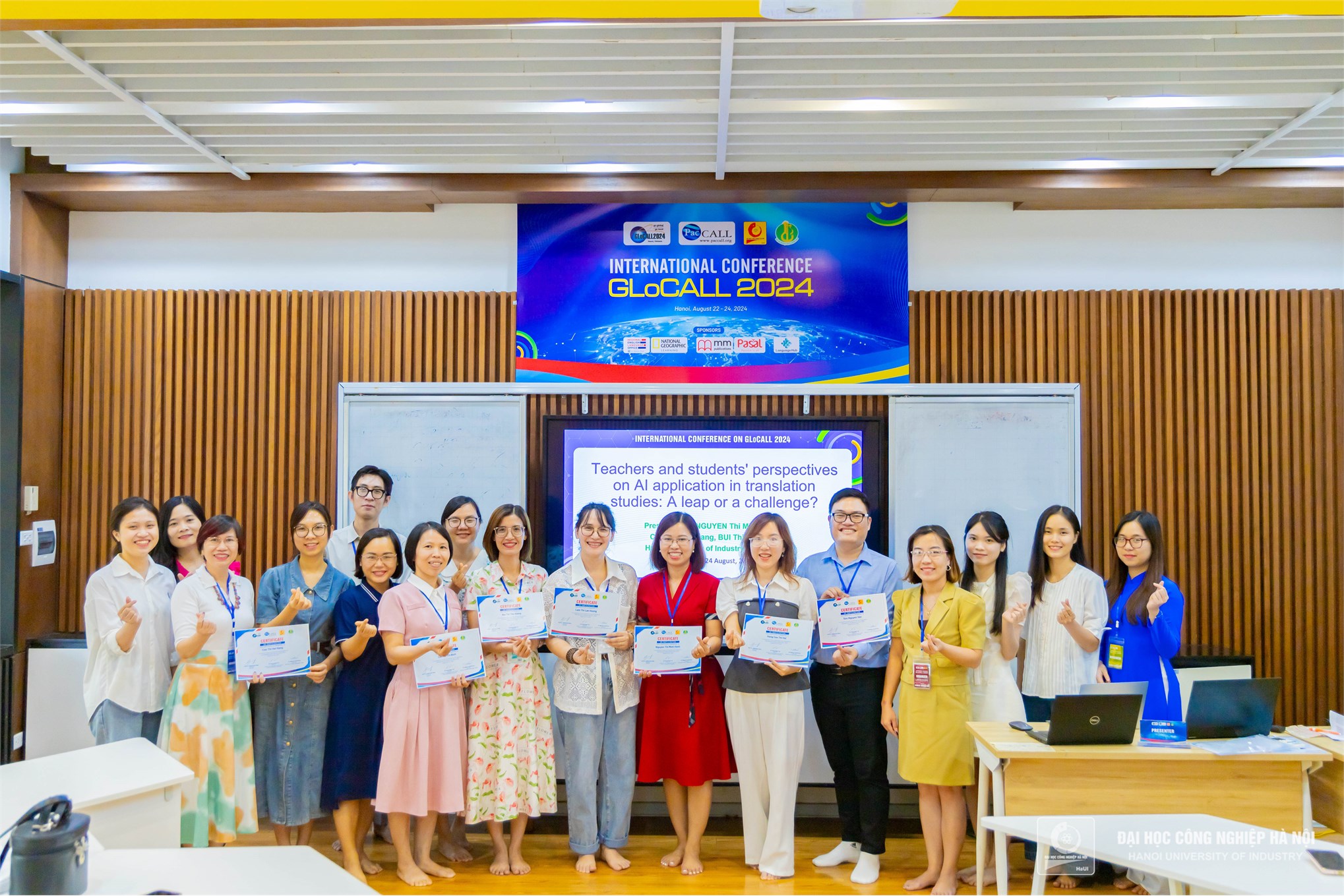
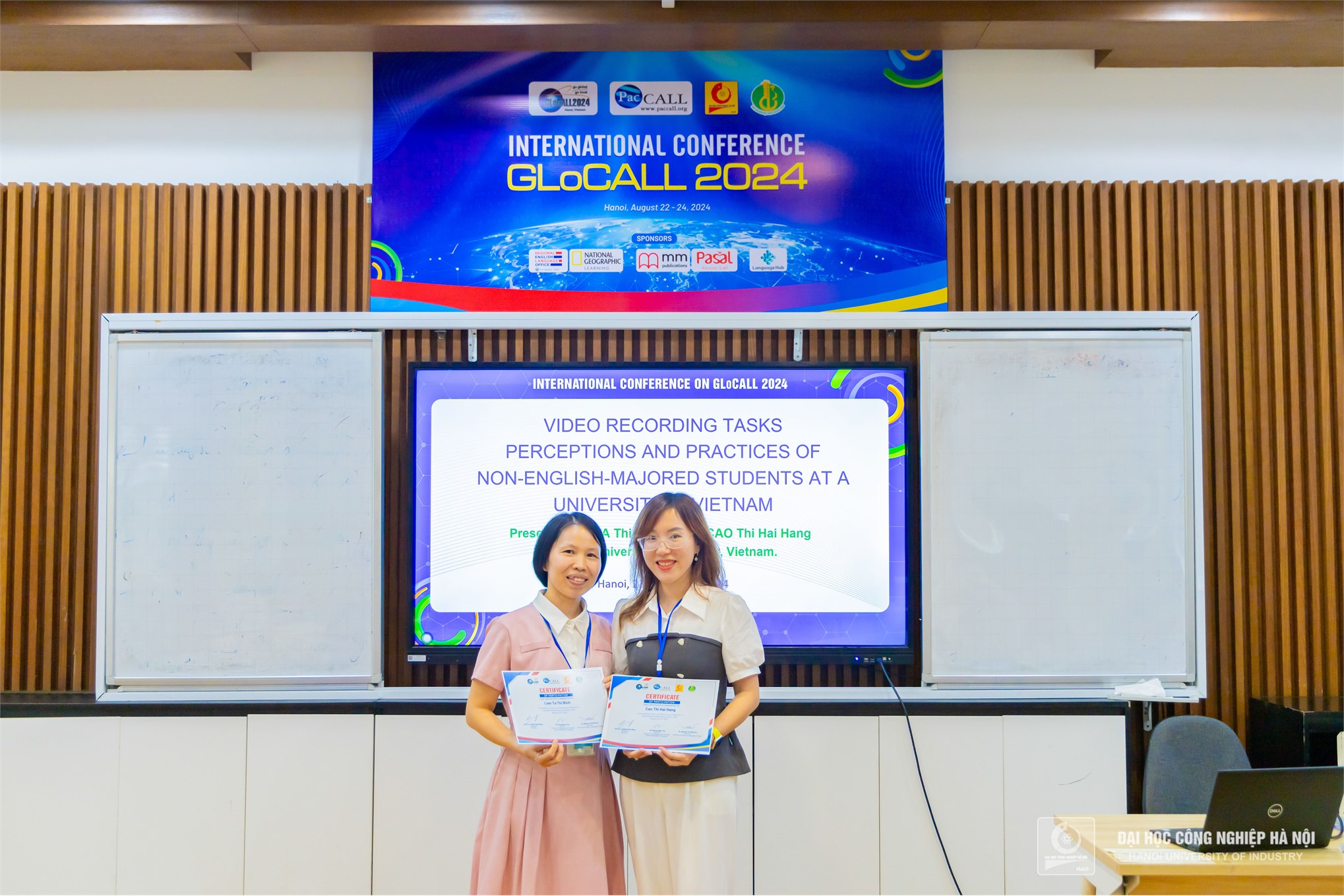
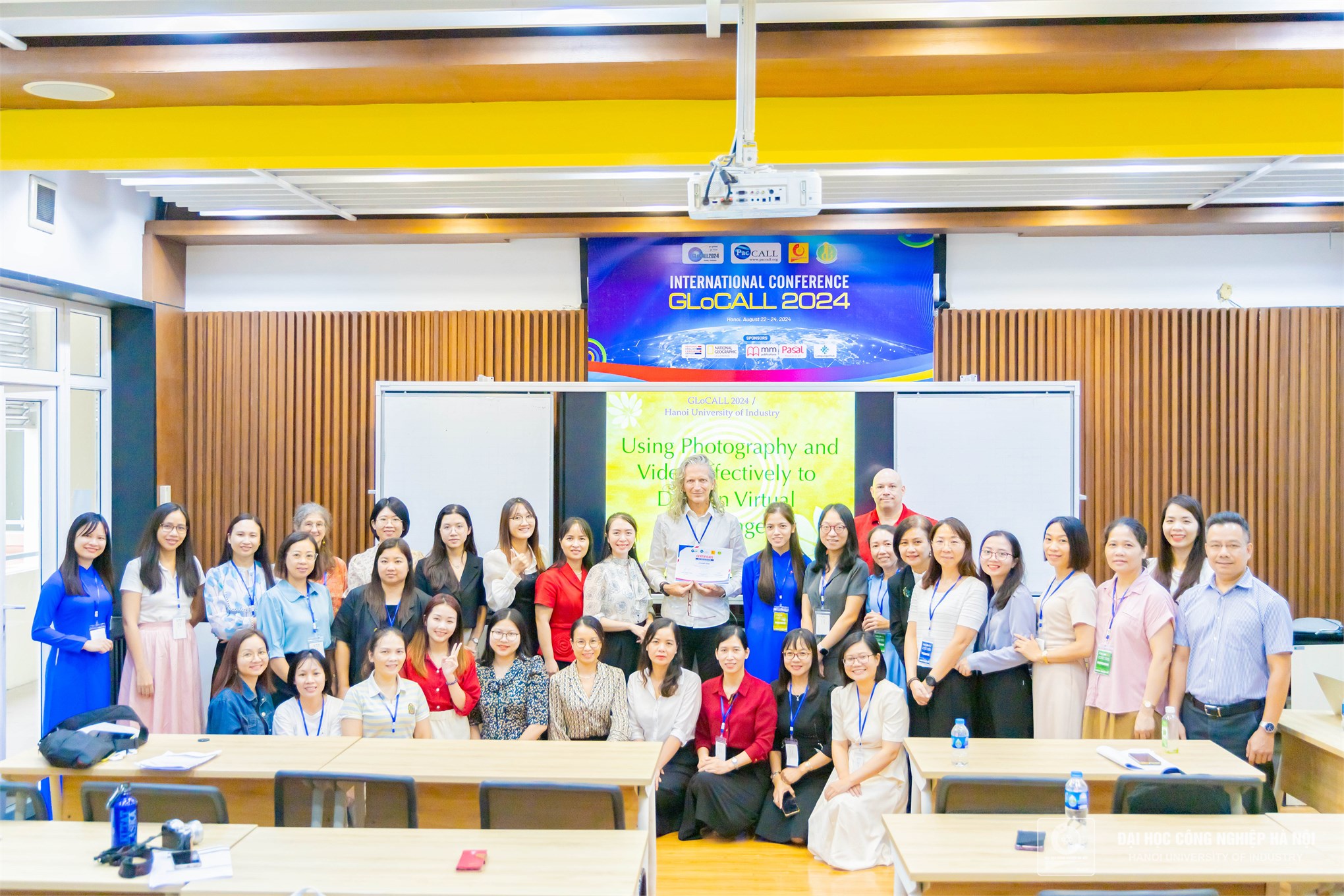
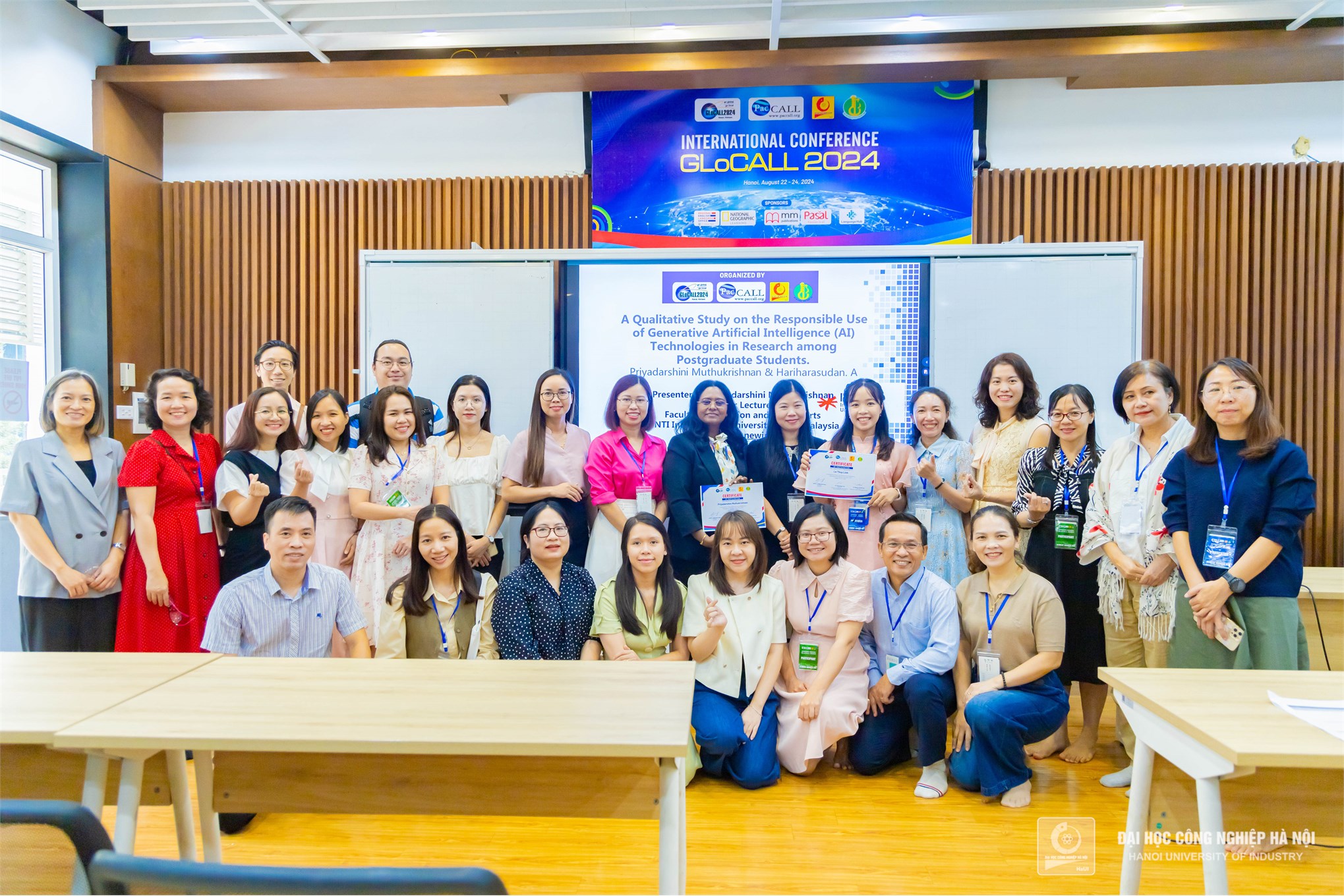
Specialized panels also focused on topics such as using AI in translation skills, and the creation of images and videos, which garnered much attention from participants.
The effective applications of AI in language teaching and learning, as discussed at GloCALL 2024, mainly revolve around interactive engagement with AI/ChatGPT to propose ideas and lesson-related topics, supporting lesson development; acting as a "virtual assistant" that reads, rephrases, corrects, and automatically evaluates; using chatbots to help learners practice pronunciation, grammar, and communication skills; creating illustrative images and videos using AI software; and automating the process of assessing and evaluating students' learning progress.
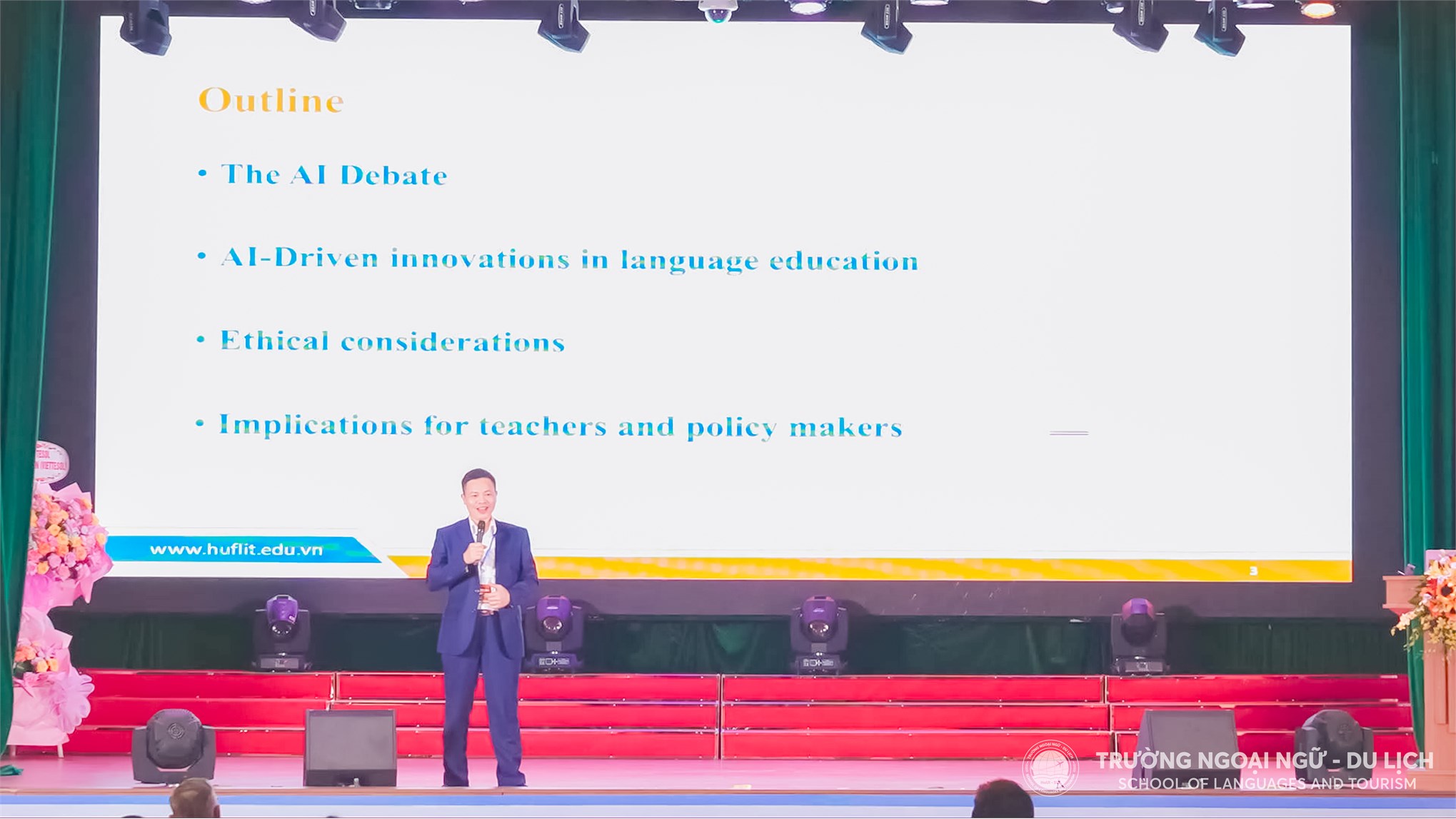
Assoc. Prof. Dr. Nguyen Ngoc Vu, Vice Rector of HCMC University of Foreign Languages -Information Technology (HUFLIT), presented a report titled "Applying Artificial Intelligence in Language Teaching in Vietnam: From Theory to Practice."
However, experts also emphasized that AI cannot replace the role of teachers in the educational process. To fully harness the potential of AI in language teaching and learning, we face various barriers and challenges, such as the accuracy and reliability of information, data security, and responsible data usage. The conference also proposed several solutions for educational authorities to strategize and promote the effective development of AI applications in language teaching and learning.
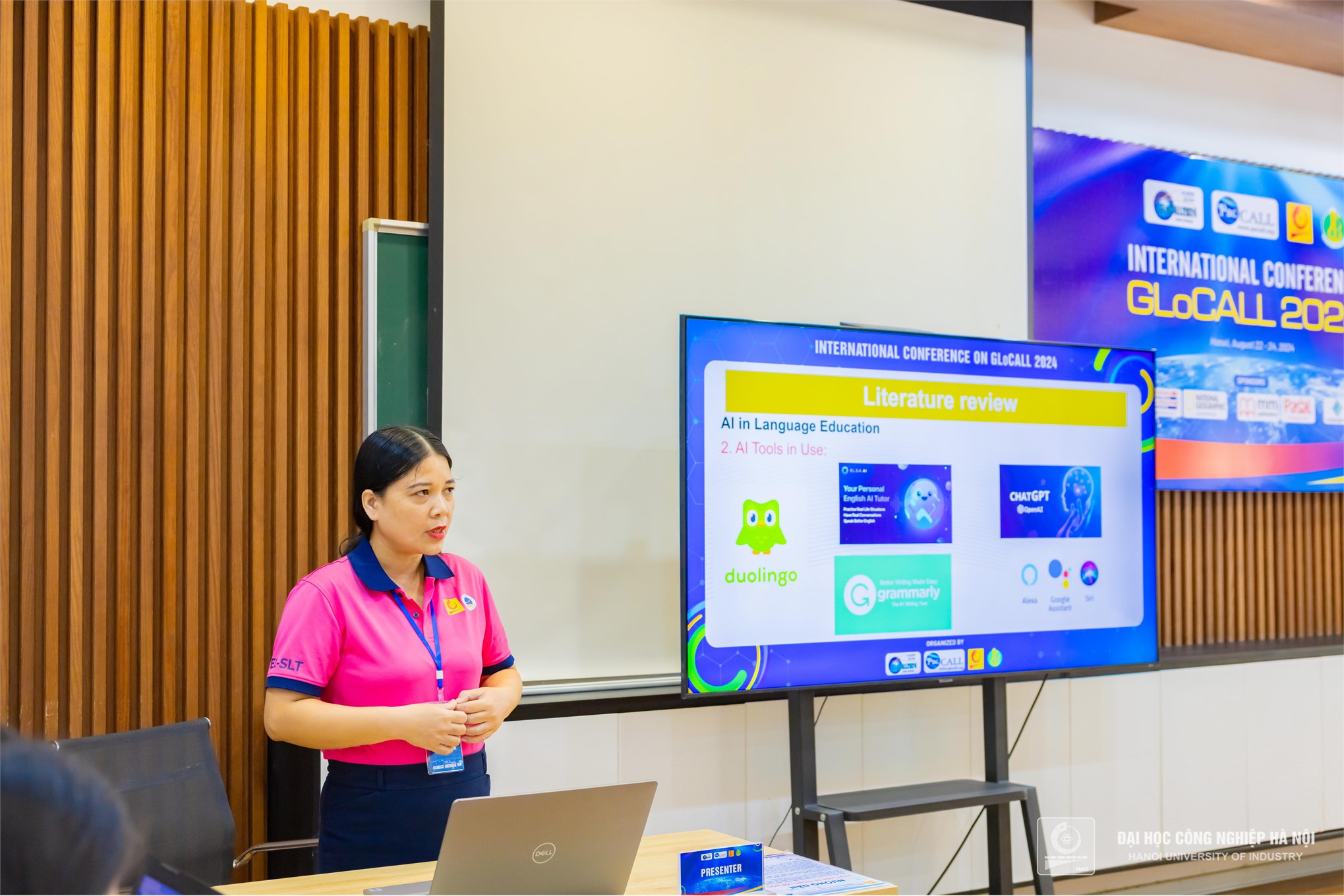
Some widely used language learning applications that integrate artificial intelligence include The Coach, Duolingo, Grammarly, ELSA Speak, ChatGPT…
GloCALL 2024 attracted over 160 reports from nearly 200 domestic and international authors. With a variety of engaging content and diverse perspectives on integrating technology in language education, and integrating STEM education with English teaching through computer-assisted language learning (CALL), the conference offered various new, in-depth, and suitable solutions to develop competencies, improve technology, and enhance teaching and learning quality in the context of globalization.
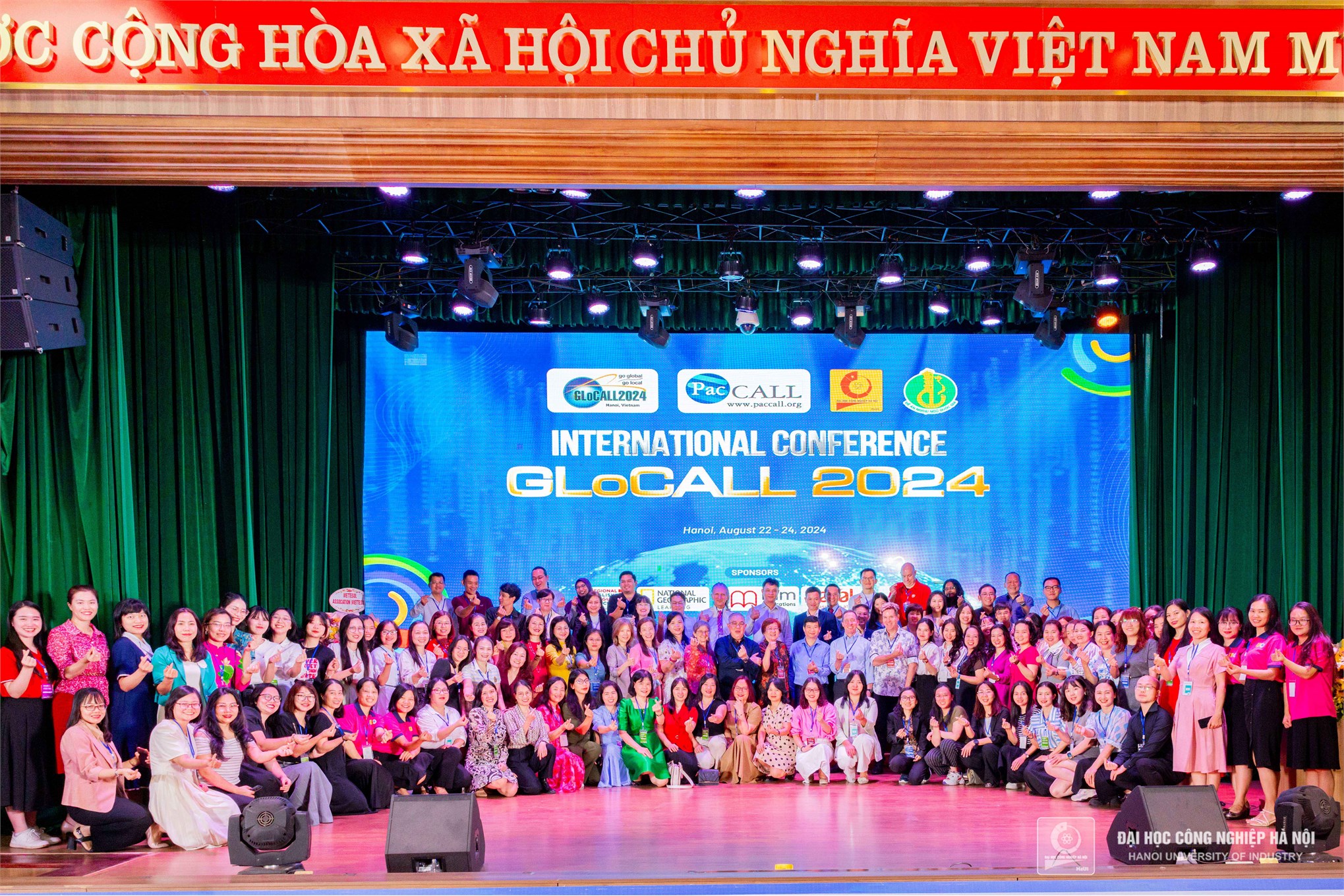
The conference featured the participation of many renowned speakers from countries such as the United States, China, South Korea, Australia, Macau, Malaysia, Taiwan, and Thailand.
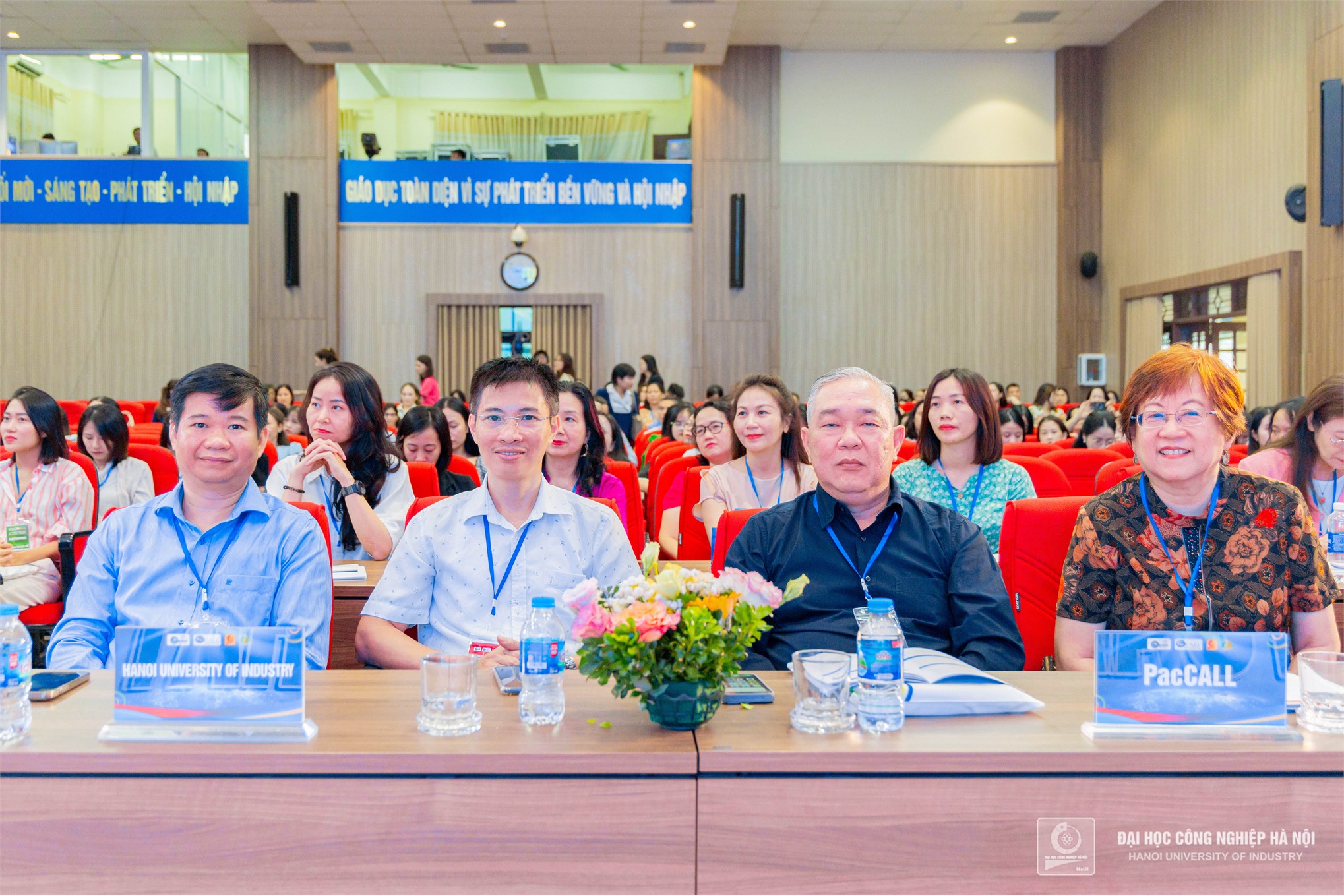
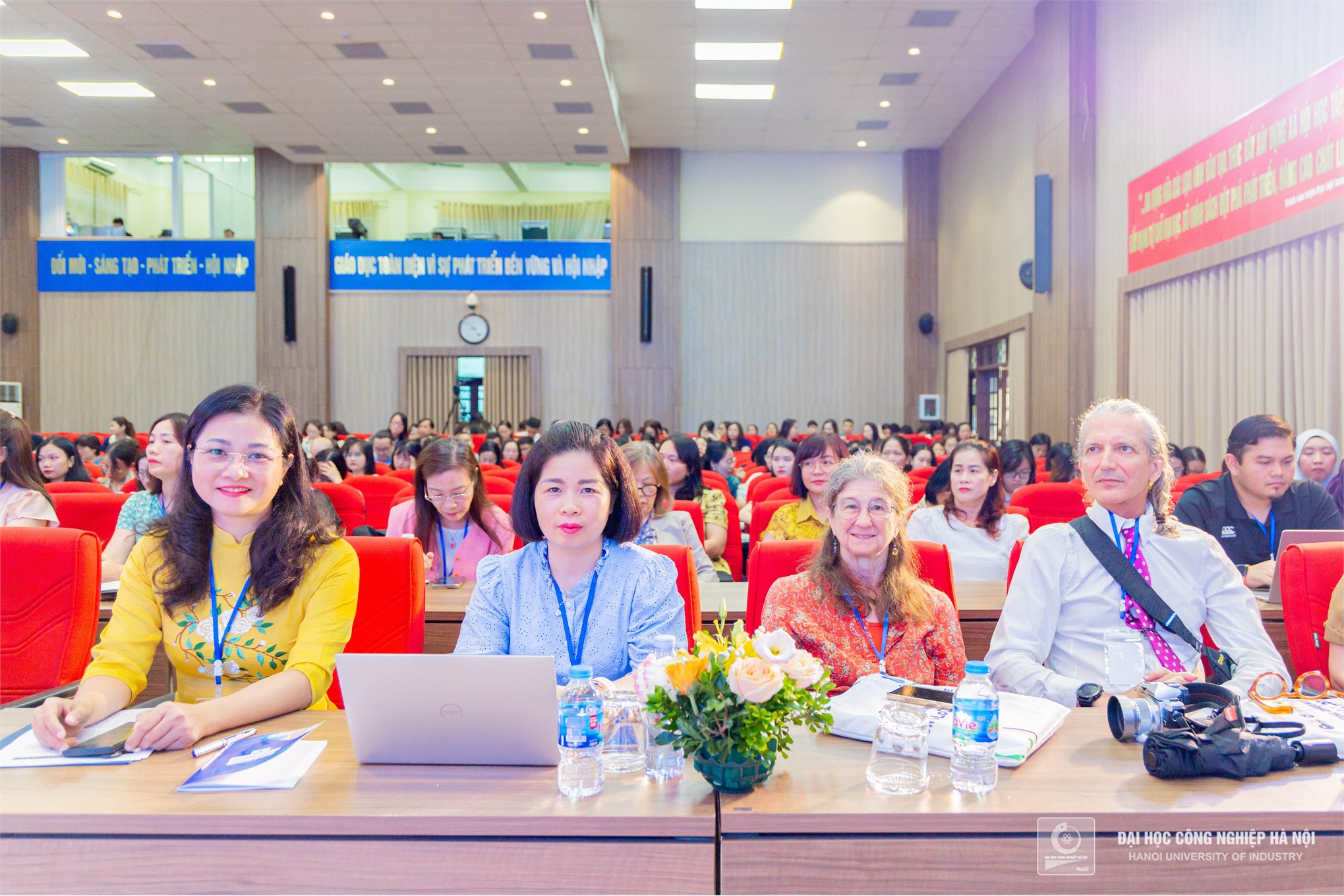
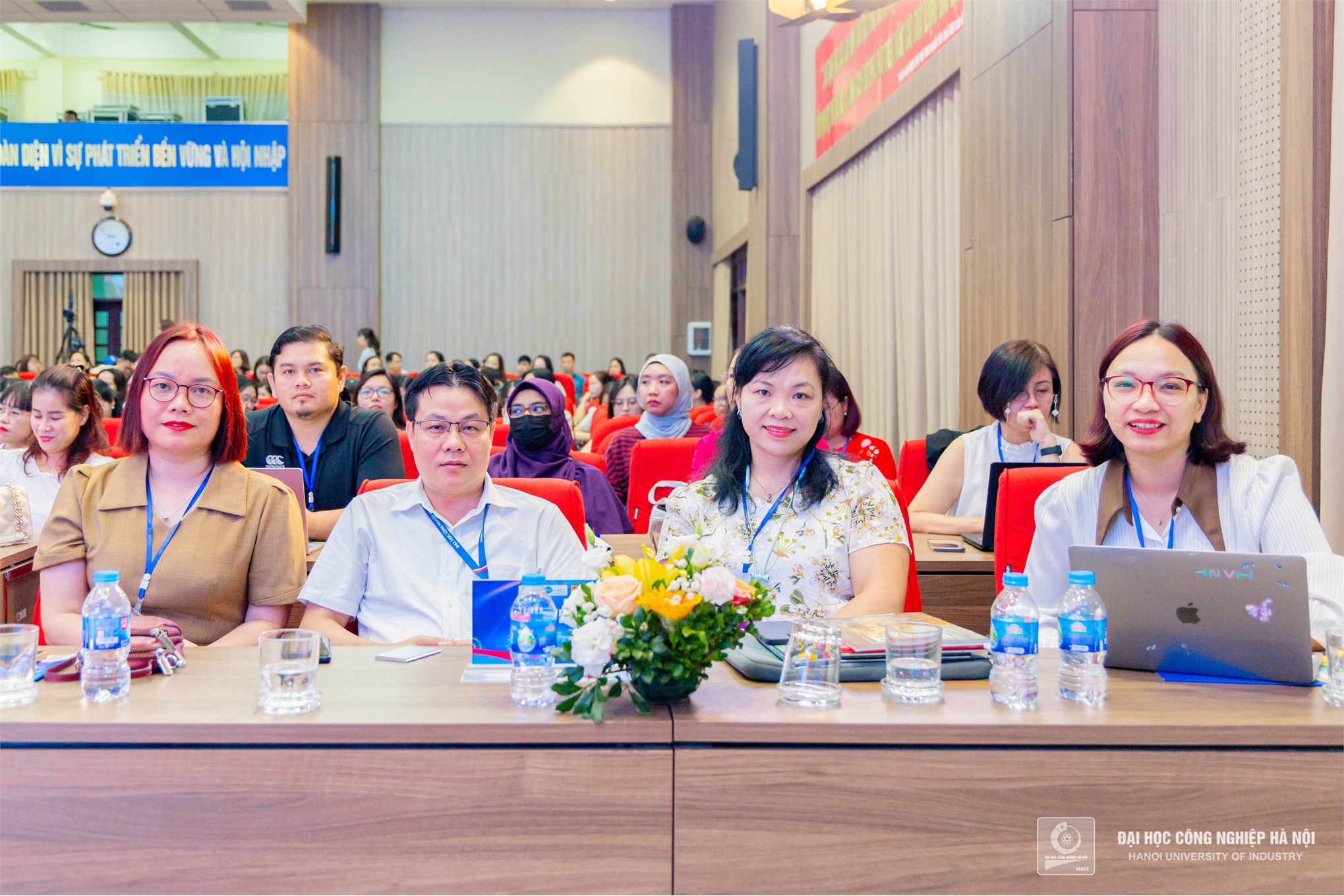
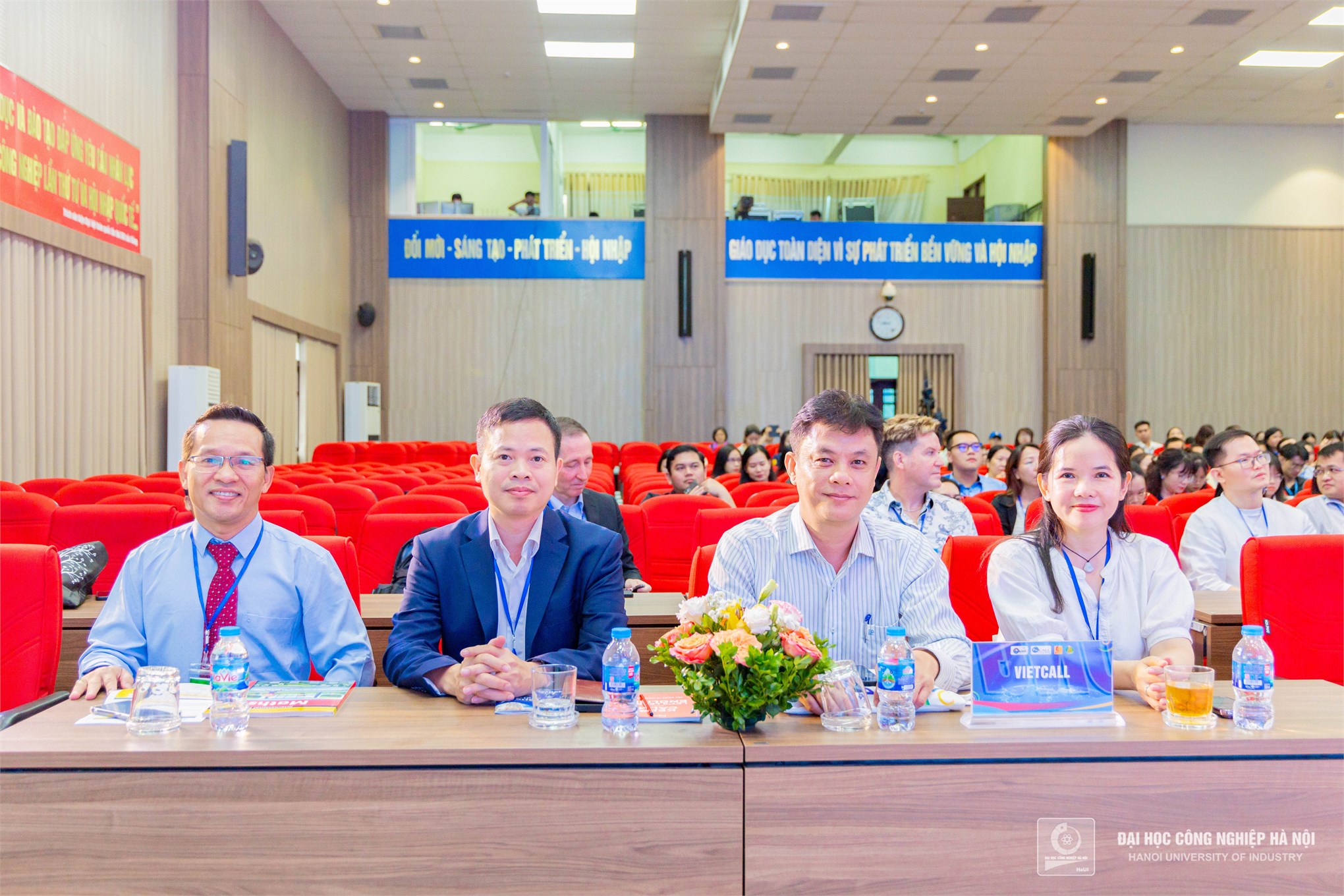
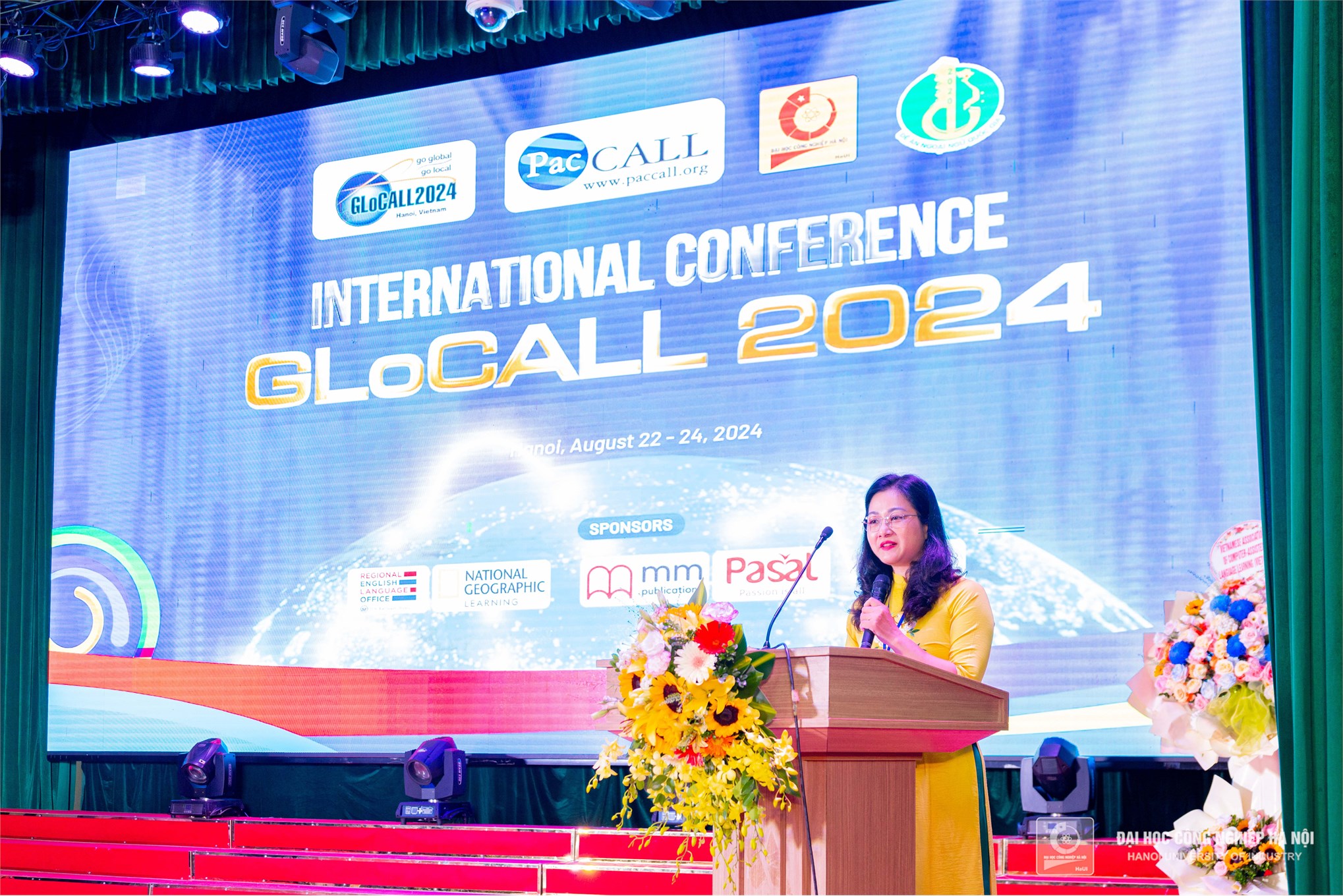 Assoc. Prof. Dr. Nguyen Thuy Nga, Dean of the Faculty of English Language, School of Foreign Languages and Tourism, Hanoi University of Industry, shared: "This conference is an academic forum for sharing knowledge and research. It provides an opportunity for scholars, educators, and researchers to engage in discussions, ask questions, address current issues and challenges, and establish new partnerships to advance the field of Computer-Assisted Language Learning (CALL) and Technology-Enhanced Language Learning (TELL)
Assoc. Prof. Dr. Nguyen Thuy Nga, Dean of the Faculty of English Language, School of Foreign Languages and Tourism, Hanoi University of Industry, shared: "This conference is an academic forum for sharing knowledge and research. It provides an opportunity for scholars, educators, and researchers to engage in discussions, ask questions, address current issues and challenges, and establish new partnerships to advance the field of Computer-Assisted Language Learning (CALL) and Technology-Enhanced Language Learning (TELL)
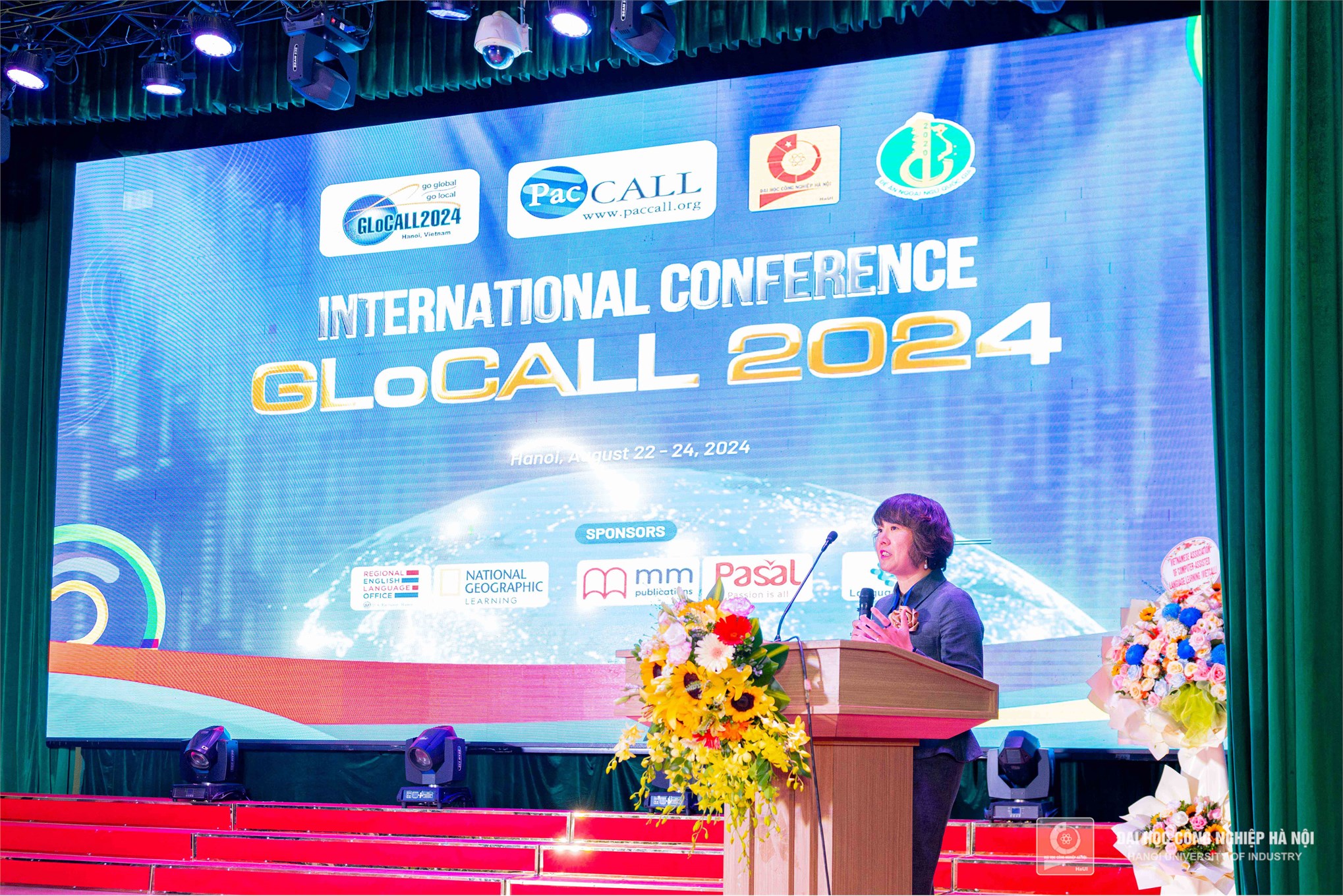 On behalf of the co-organizing unit, Ms. Nguyễn Thị Mai Hữu, Head of the National Foreign Language Project Management Board, stated that the integration of information technology into foreign language teaching and learning is one of the primary tasks of the Project implemented by the Ministry of Education and Training.
On behalf of the co-organizing unit, Ms. Nguyễn Thị Mai Hữu, Head of the National Foreign Language Project Management Board, stated that the integration of information technology into foreign language teaching and learning is one of the primary tasks of the Project implemented by the Ministry of Education and Training.
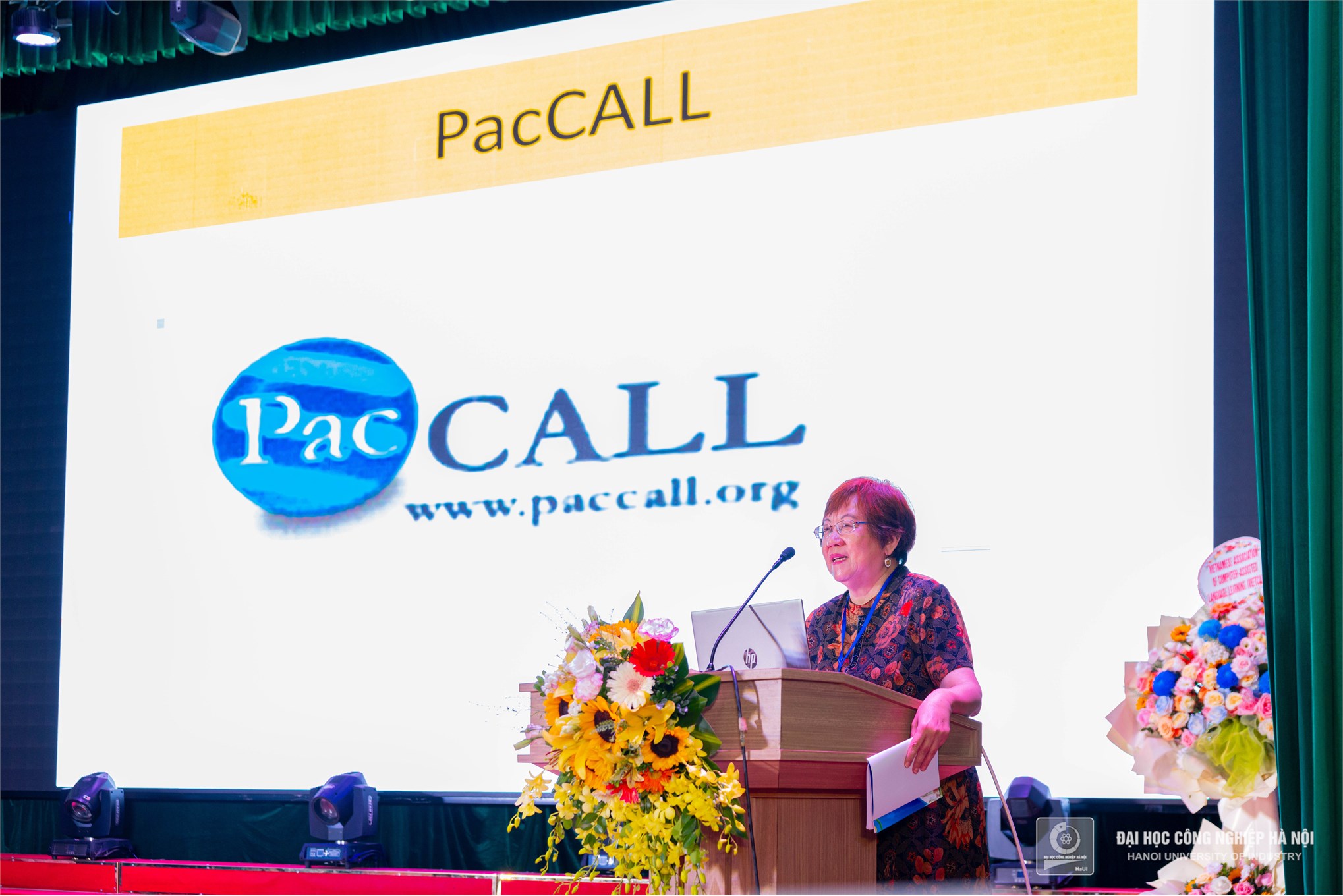 Assessing the importance of technology integration in teaching during the era of the Industrial Revolution 4.0 and 5.0, Ms. Siew Ming Thang, President of the Asia-Pacific Association for Computer-Assisted Language Learning, noted that the conference serves as a valuable forum for sharing experiences in applying technology in teaching to create engaging and effective learning environments, as well as for exchanging and updating the global state of language learning with the application of information technology.
Assessing the importance of technology integration in teaching during the era of the Industrial Revolution 4.0 and 5.0, Ms. Siew Ming Thang, President of the Asia-Pacific Association for Computer-Assisted Language Learning, noted that the conference serves as a valuable forum for sharing experiences in applying technology in teaching to create engaging and effective learning environments, as well as for exchanging and updating the global state of language learning with the application of information technology.
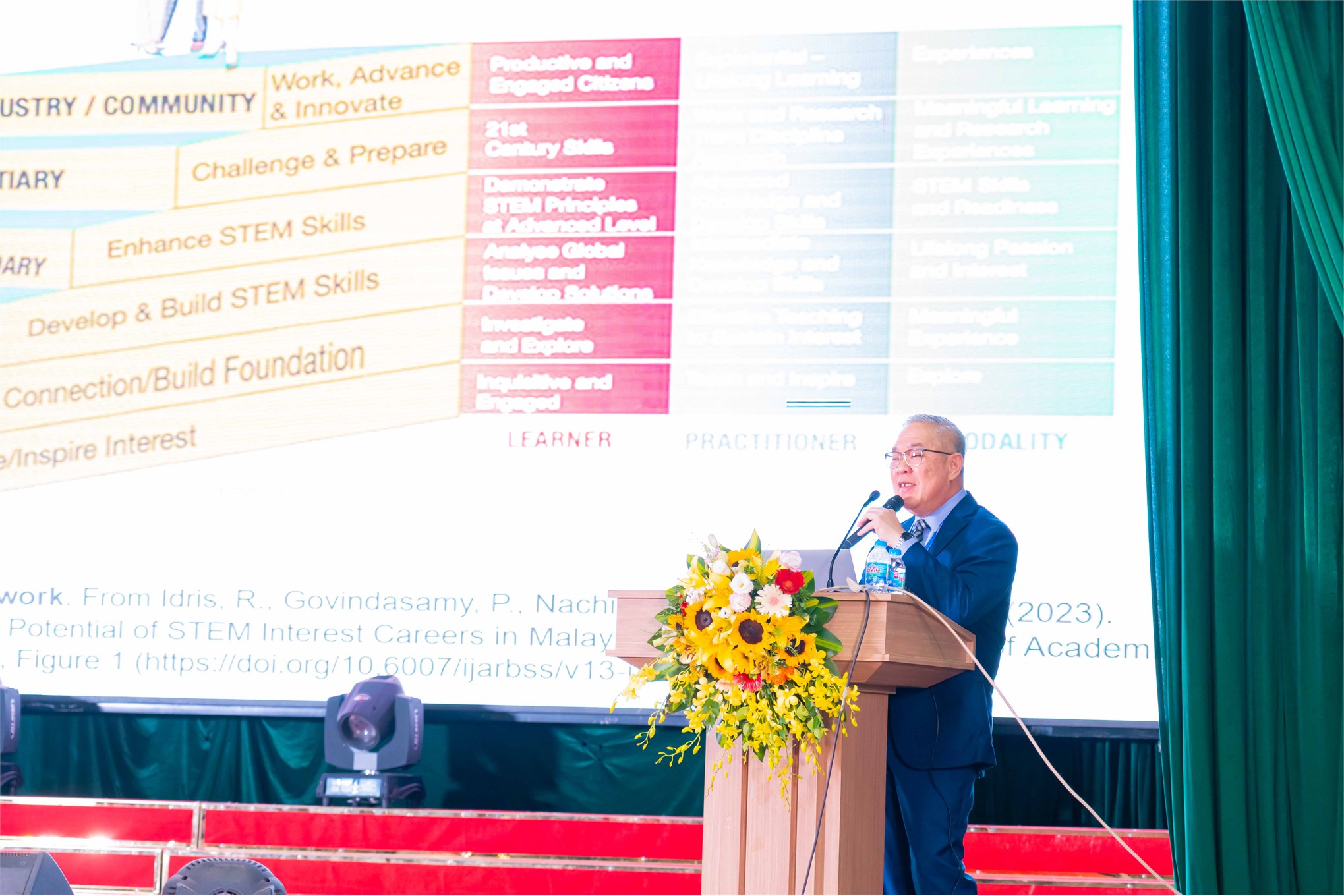
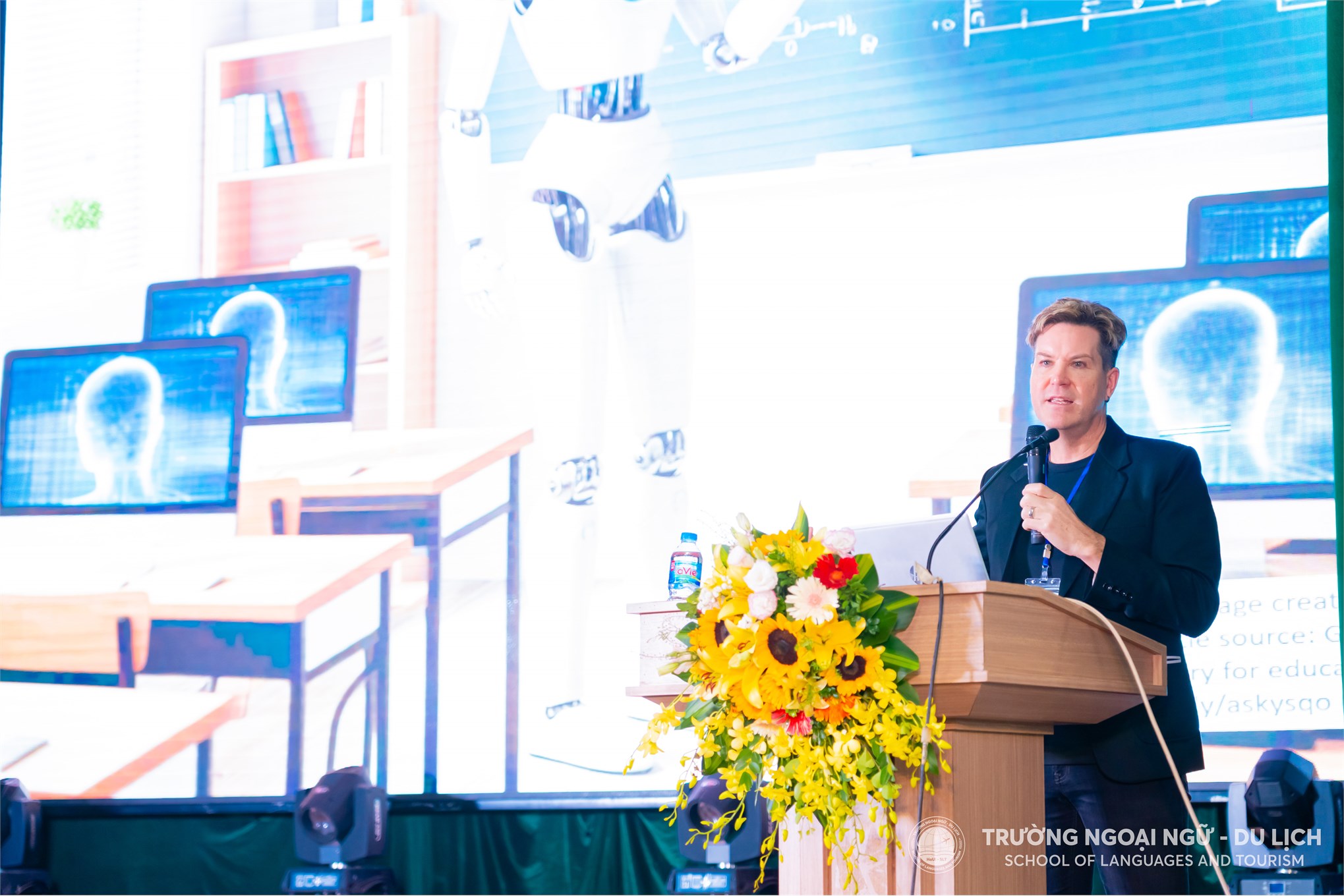
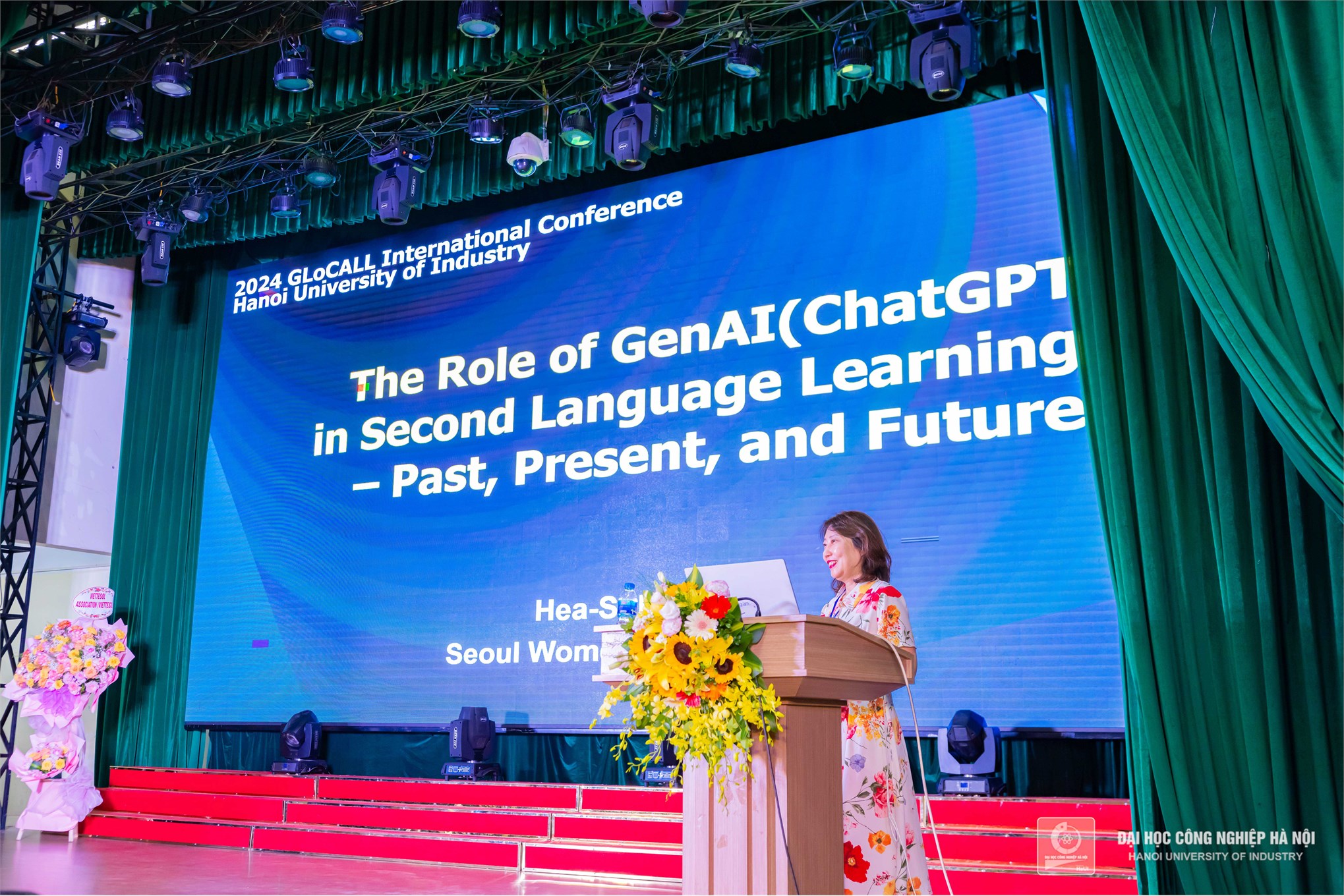
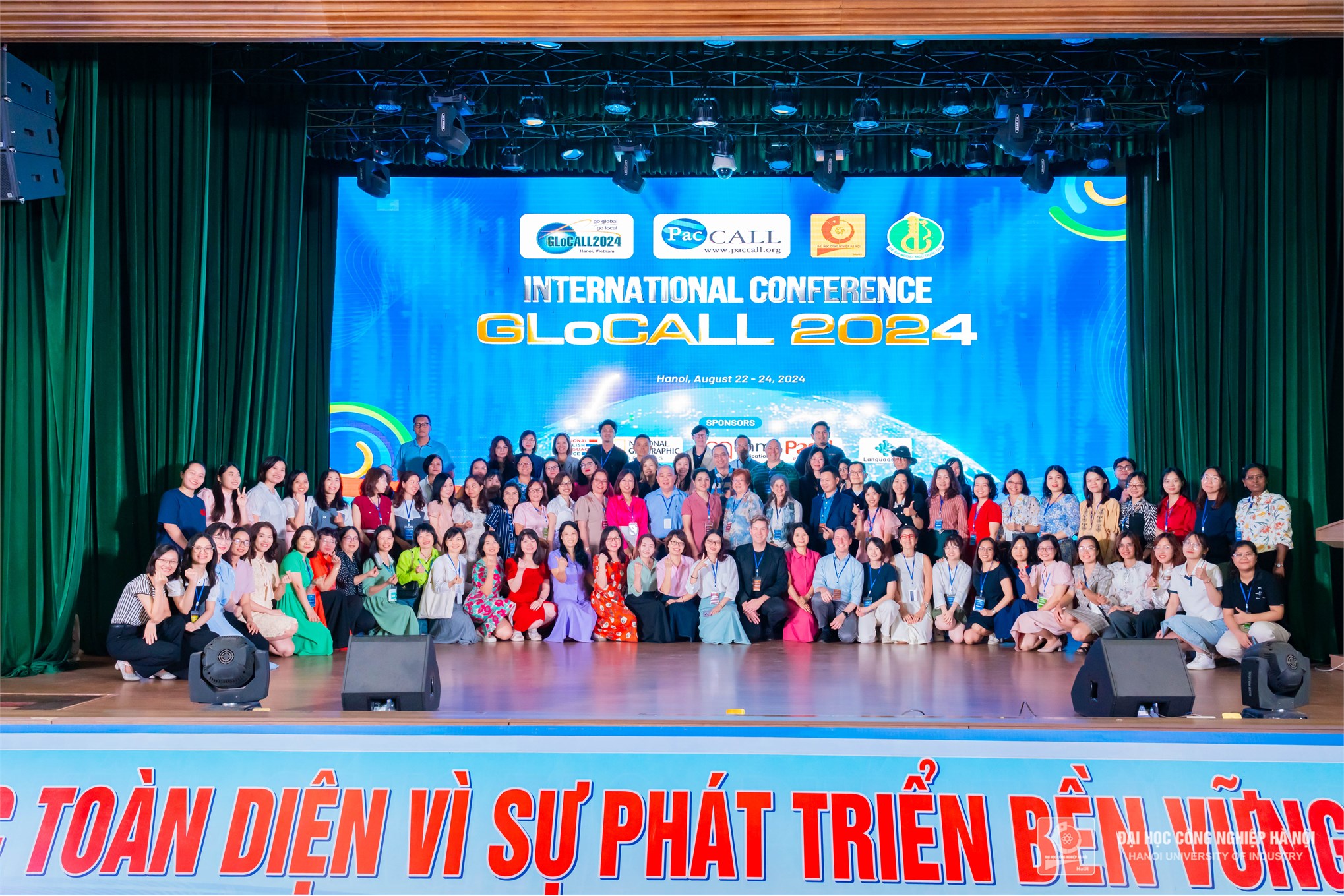
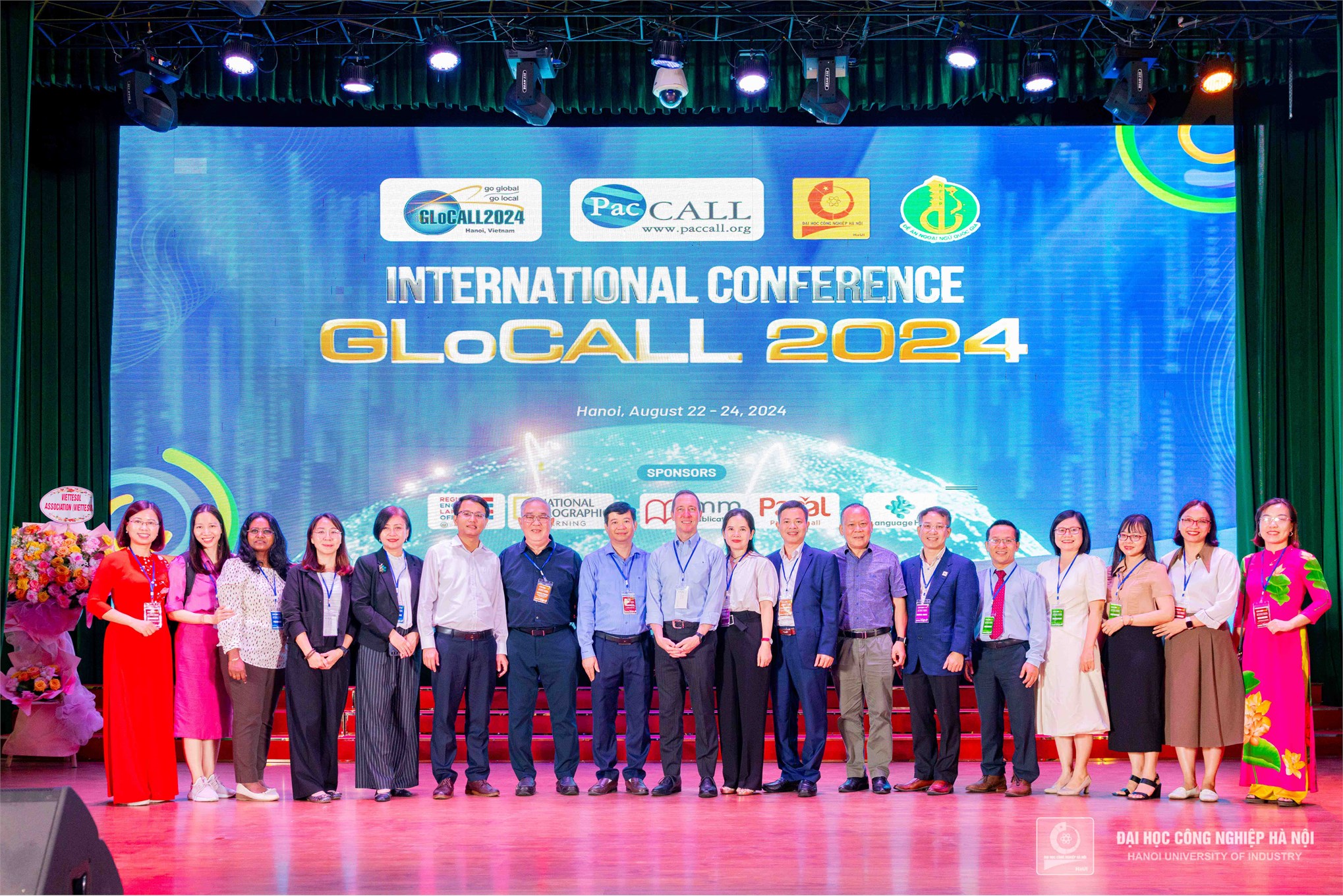
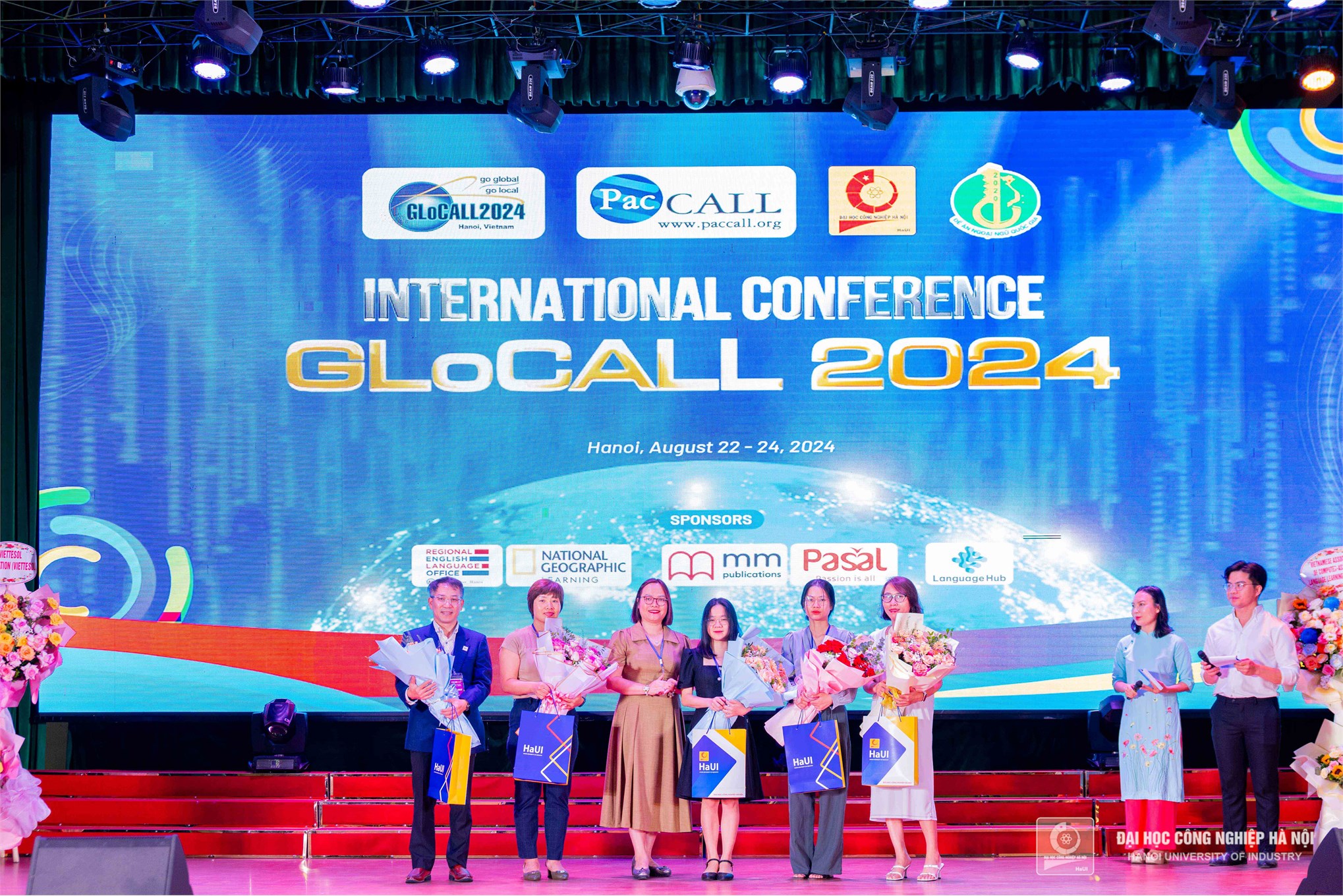
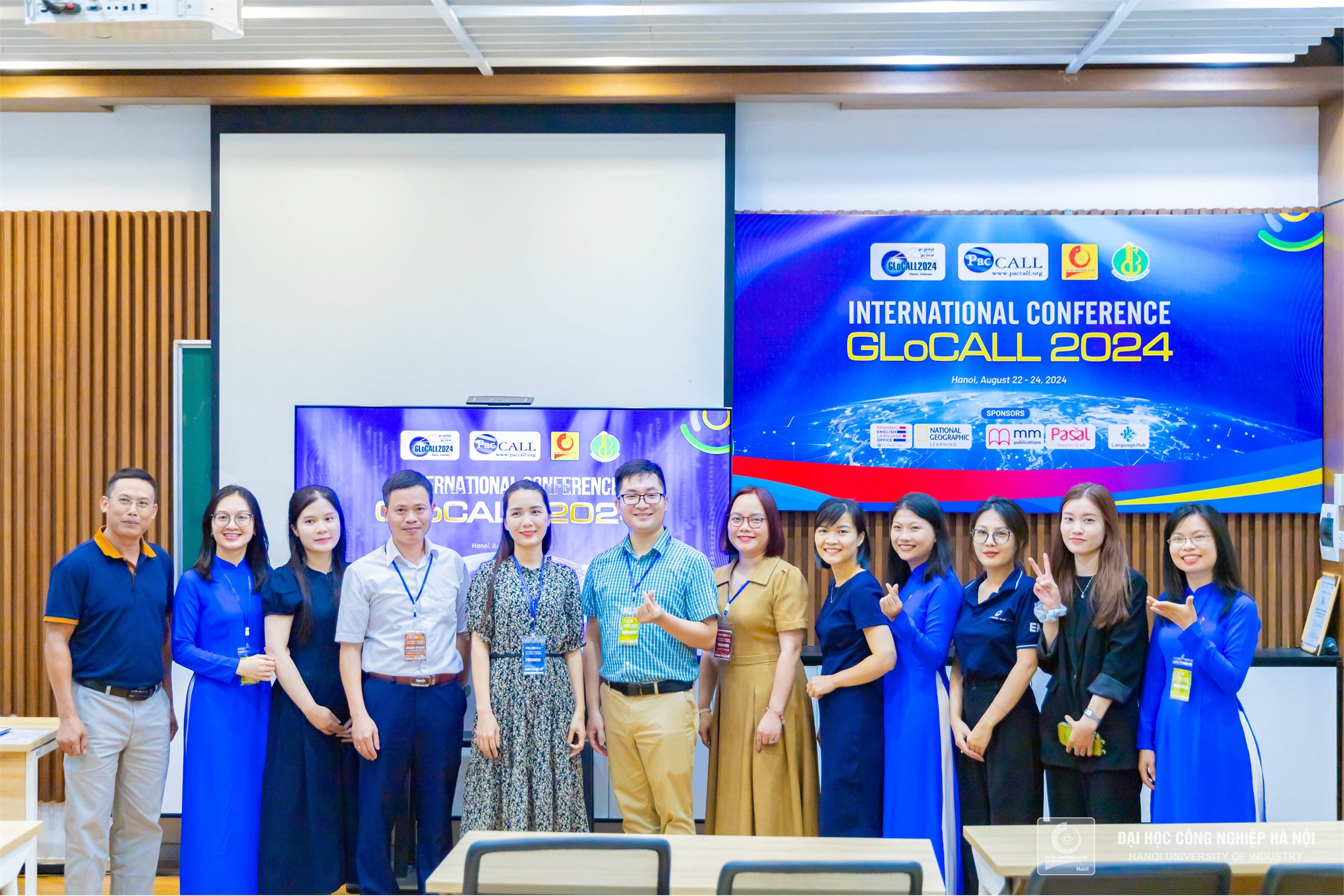
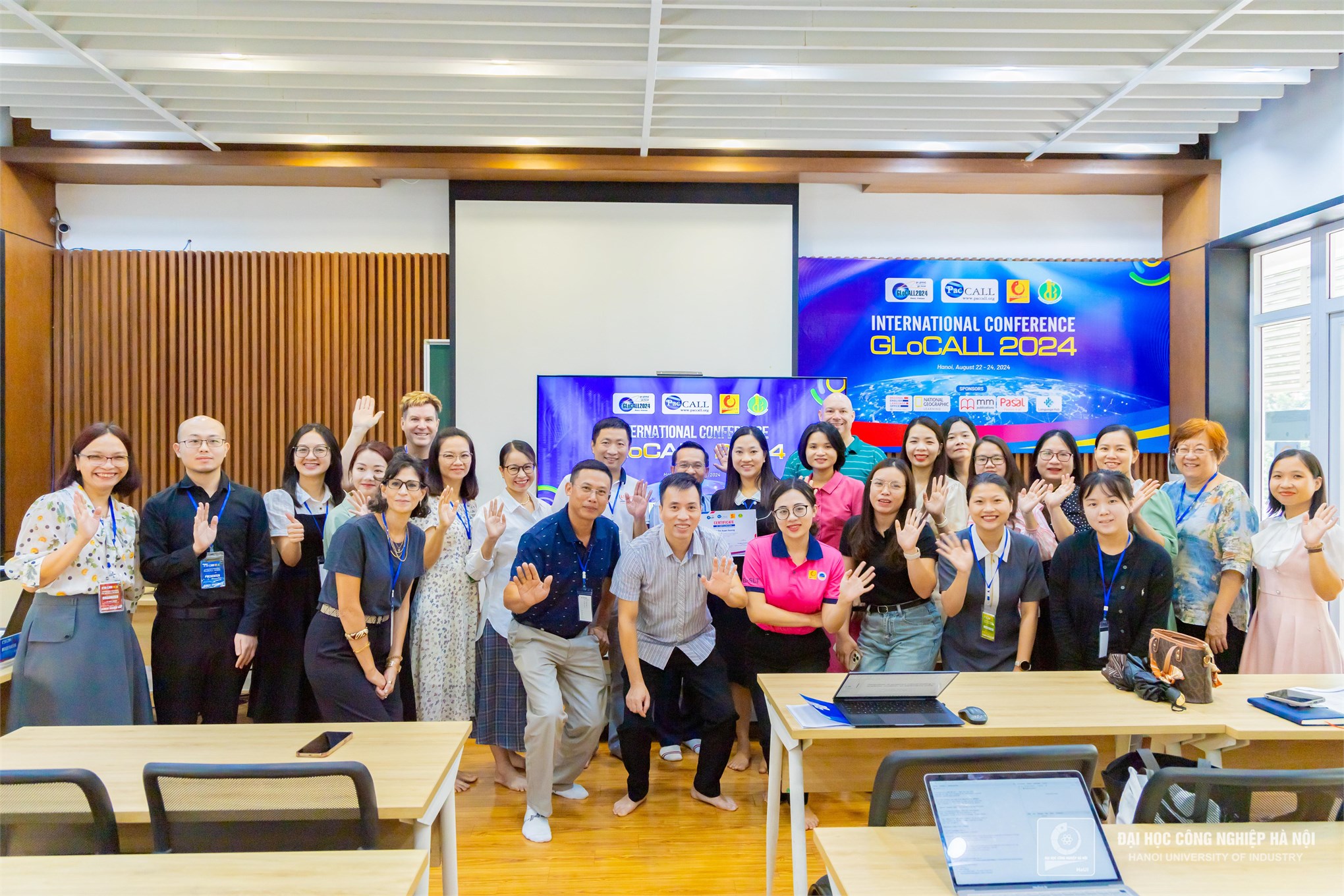
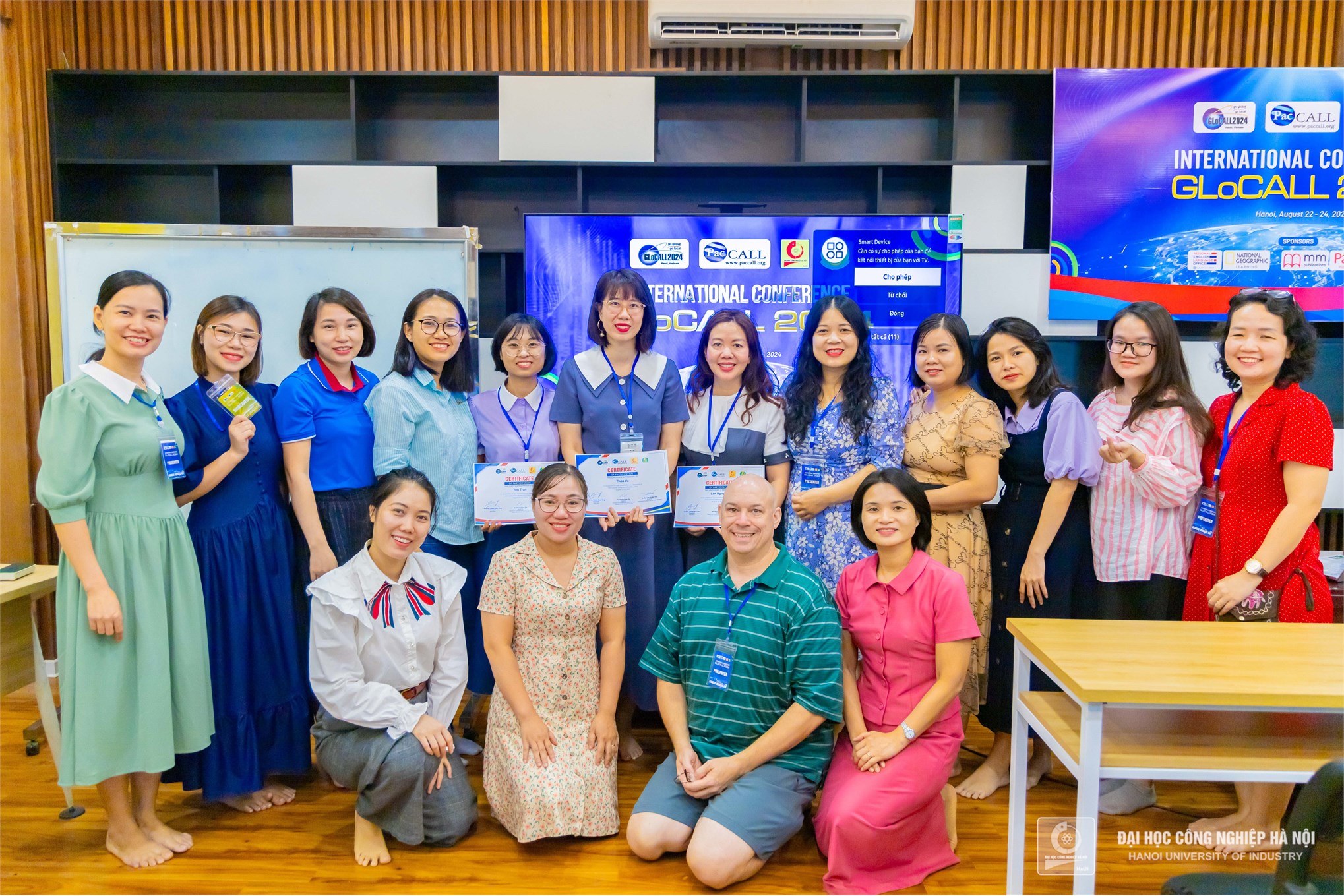
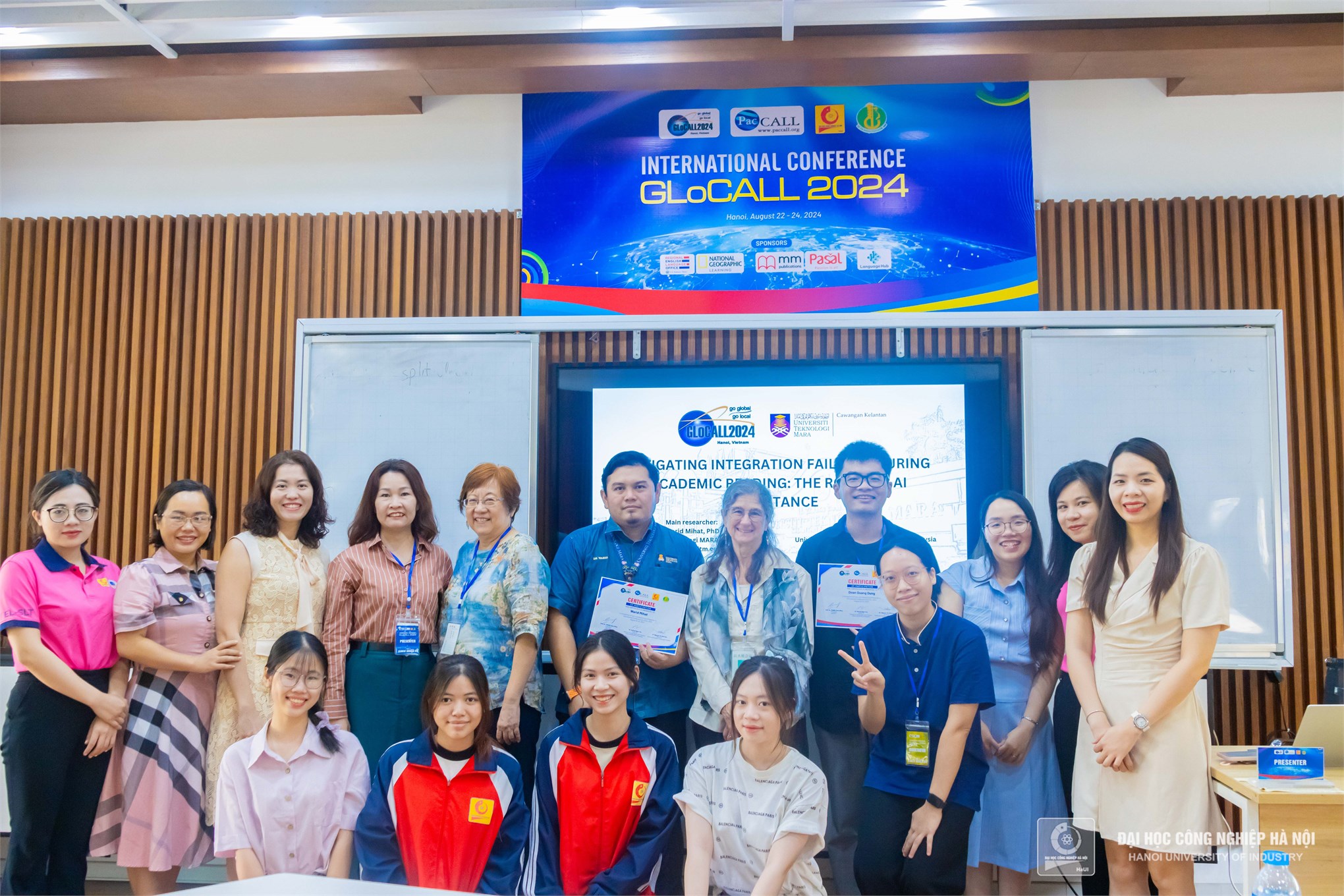
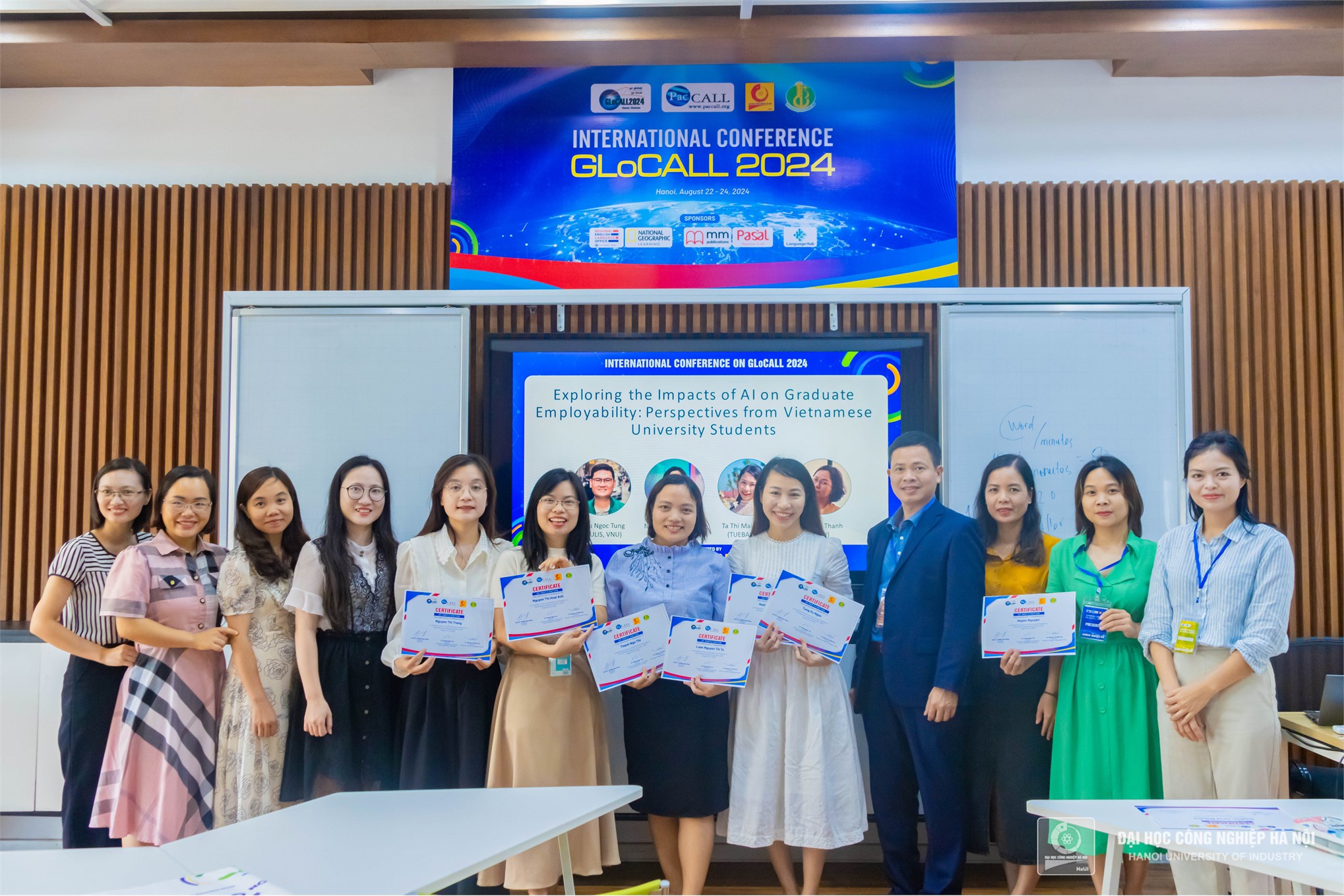
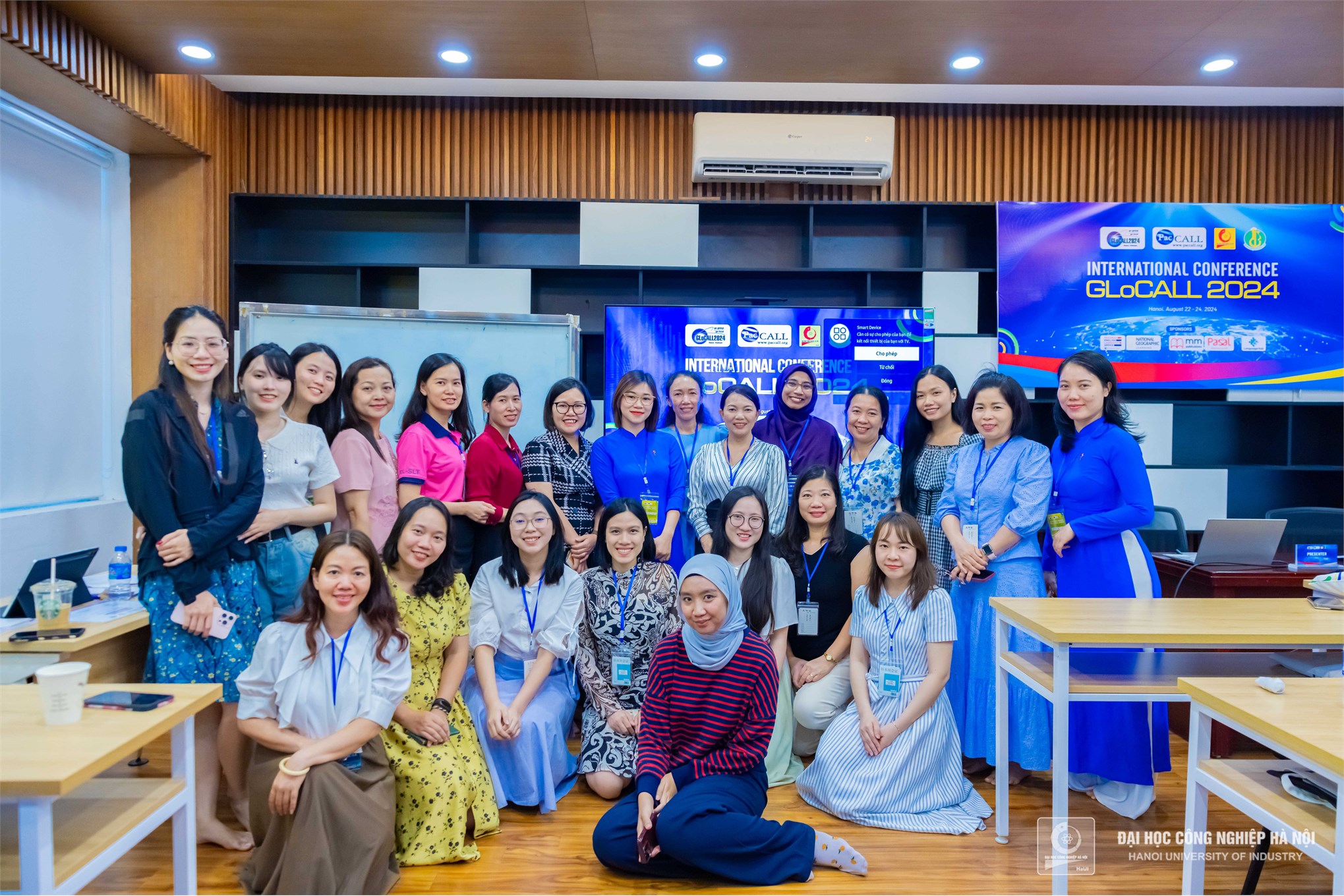
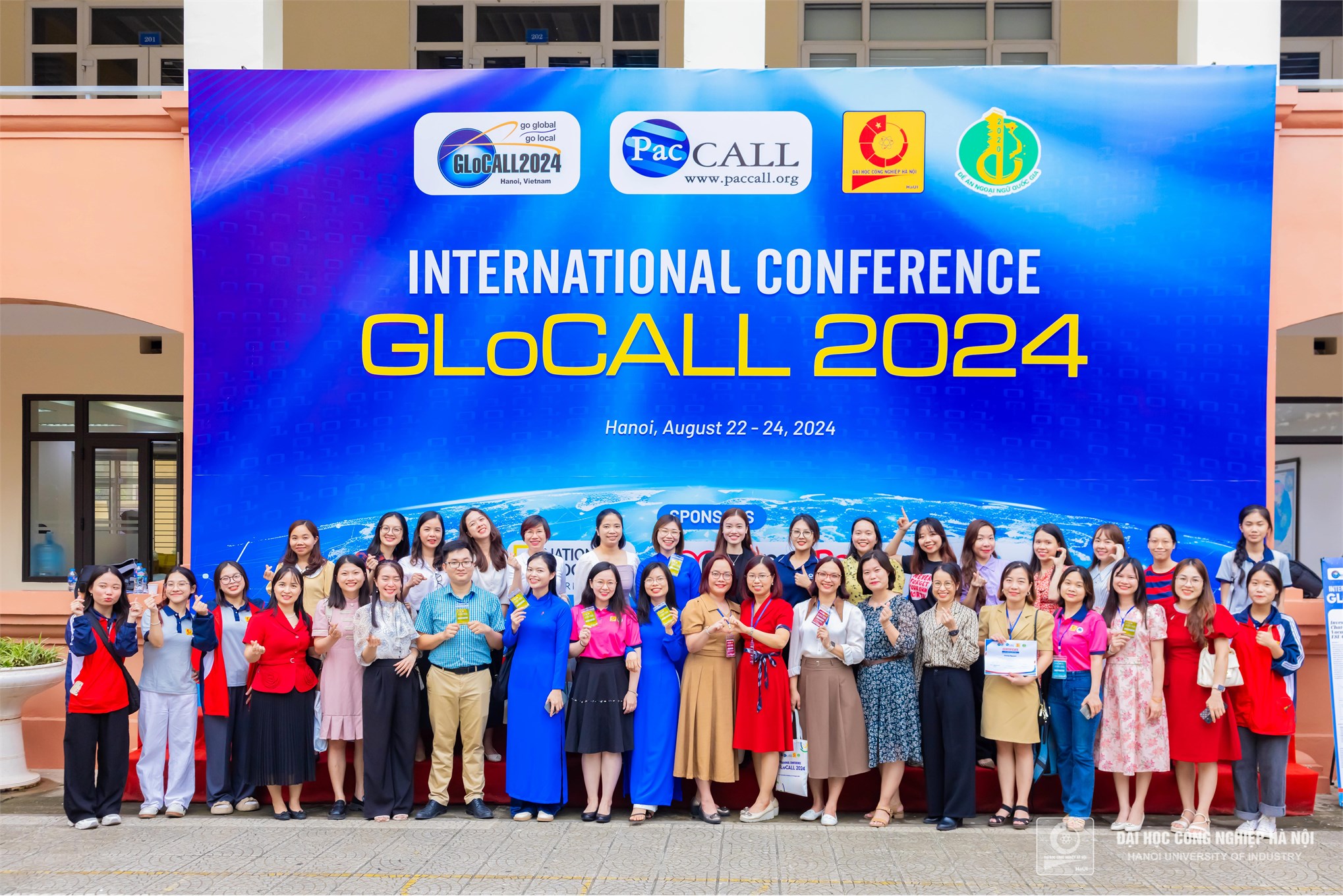
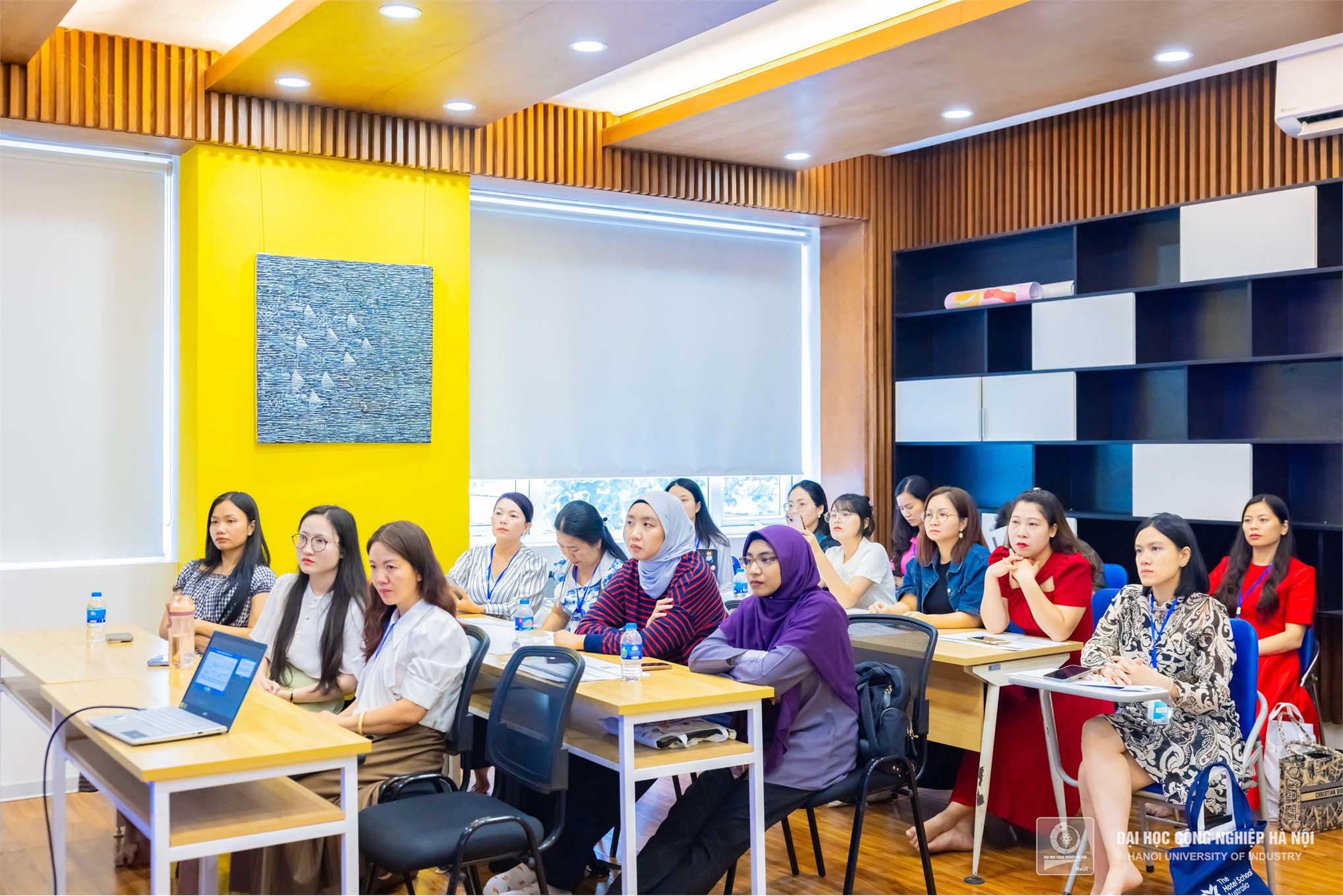
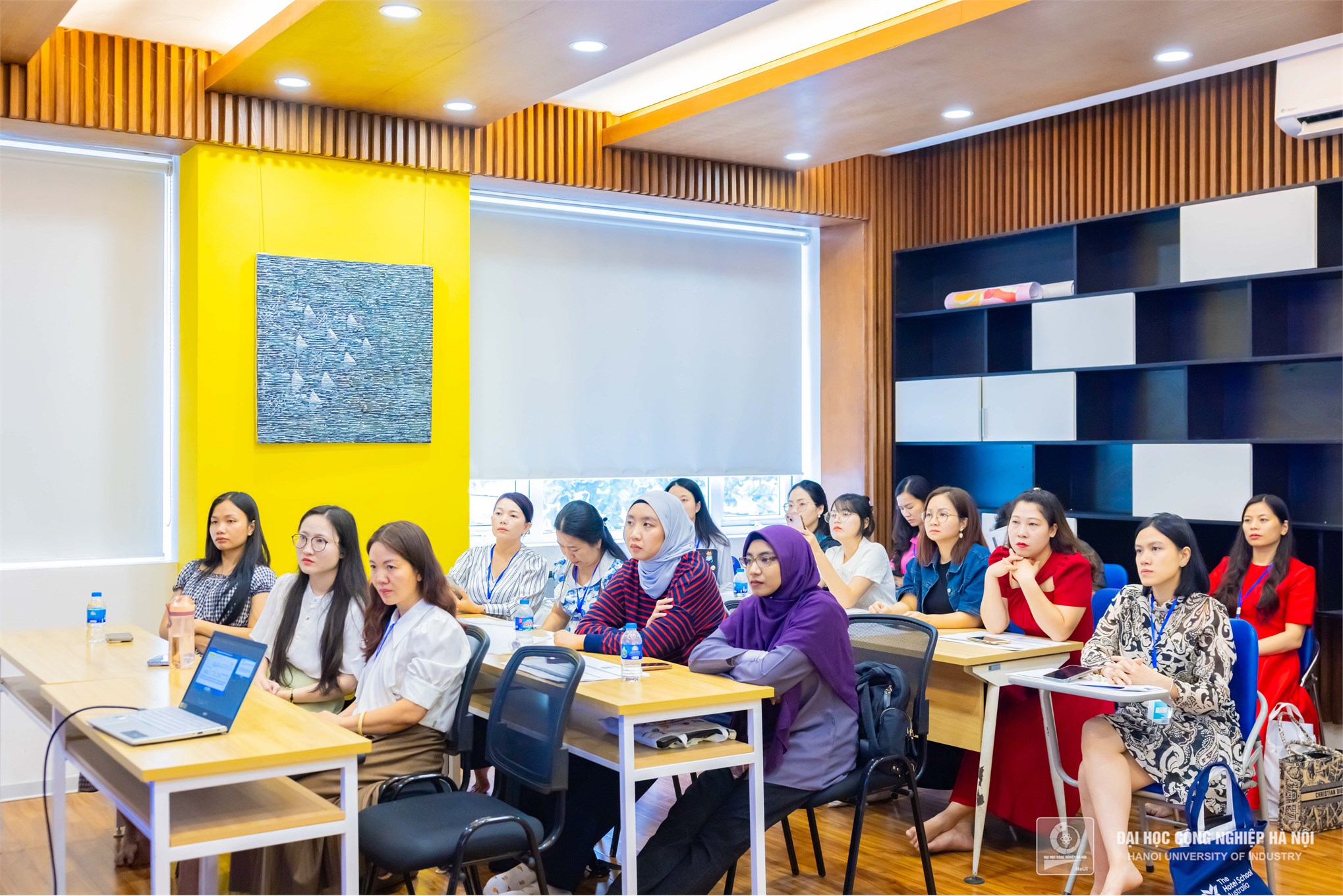
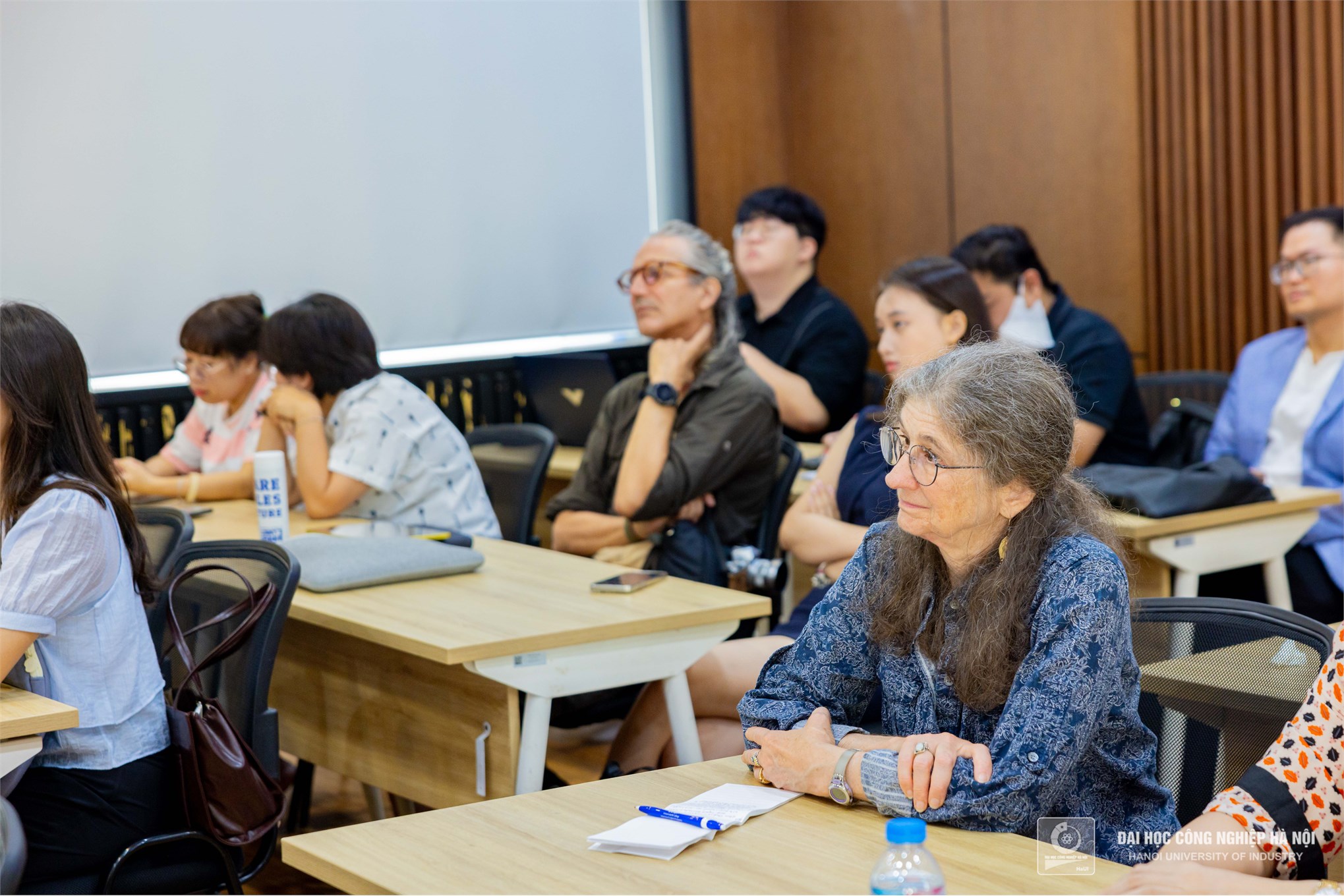
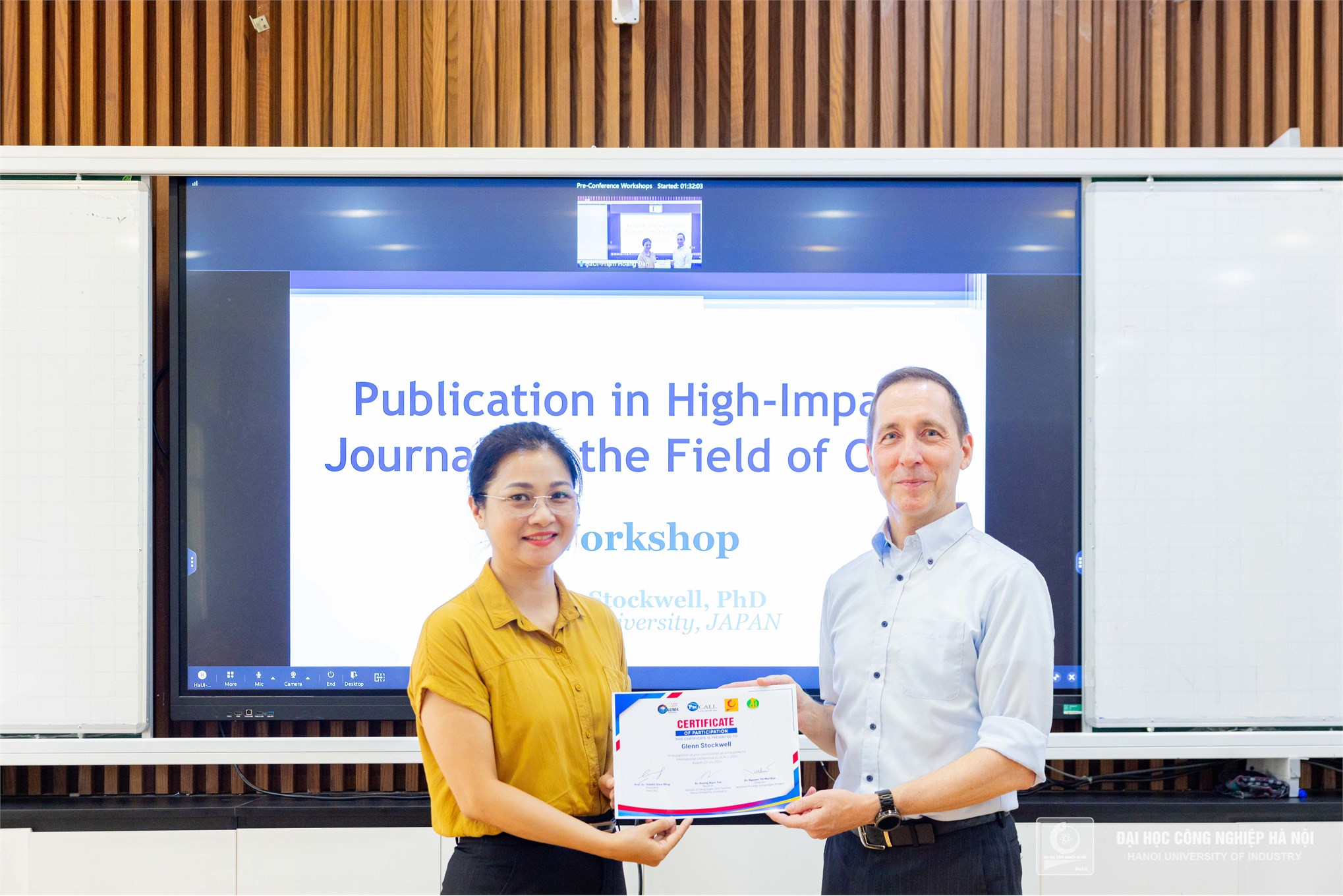
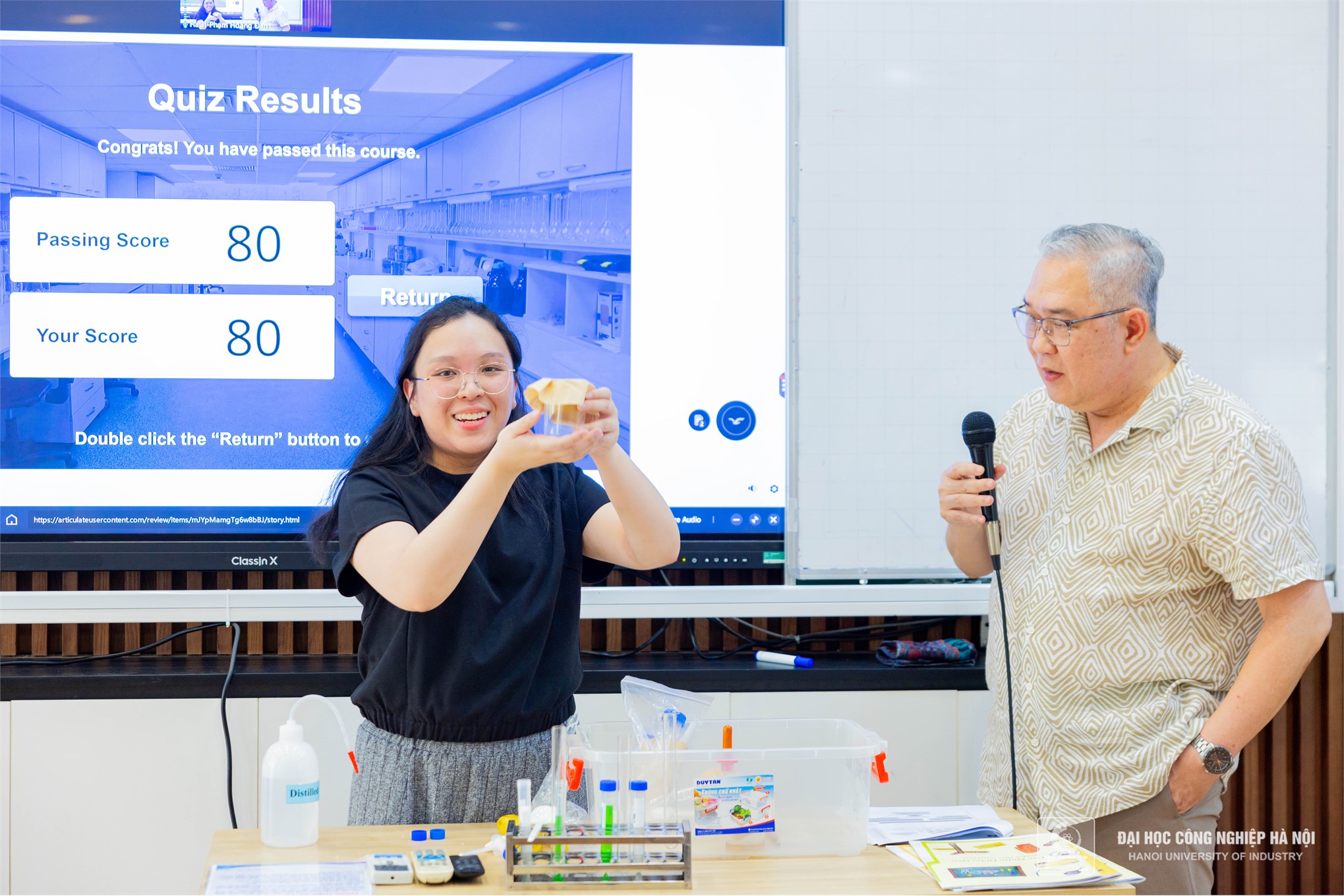
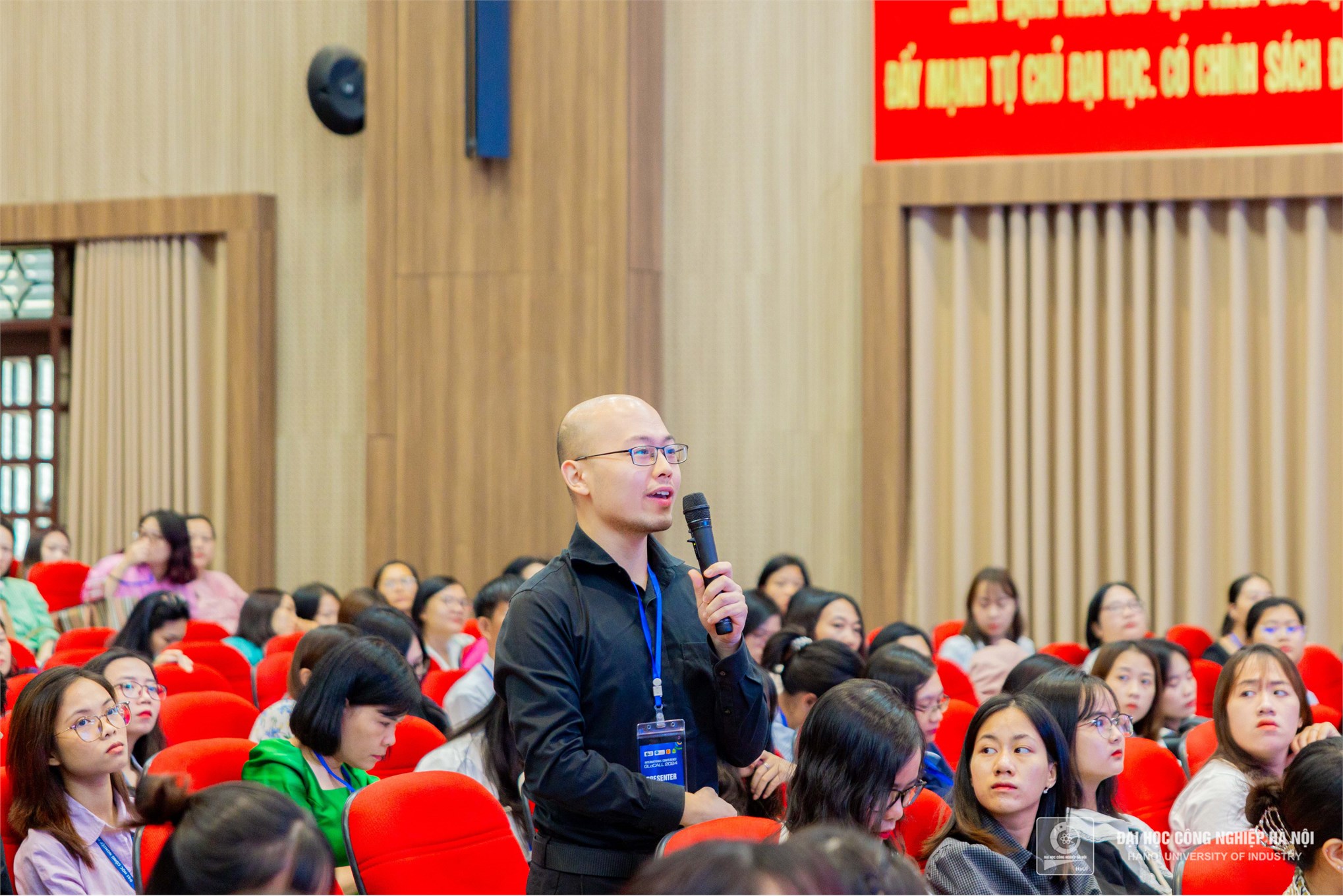
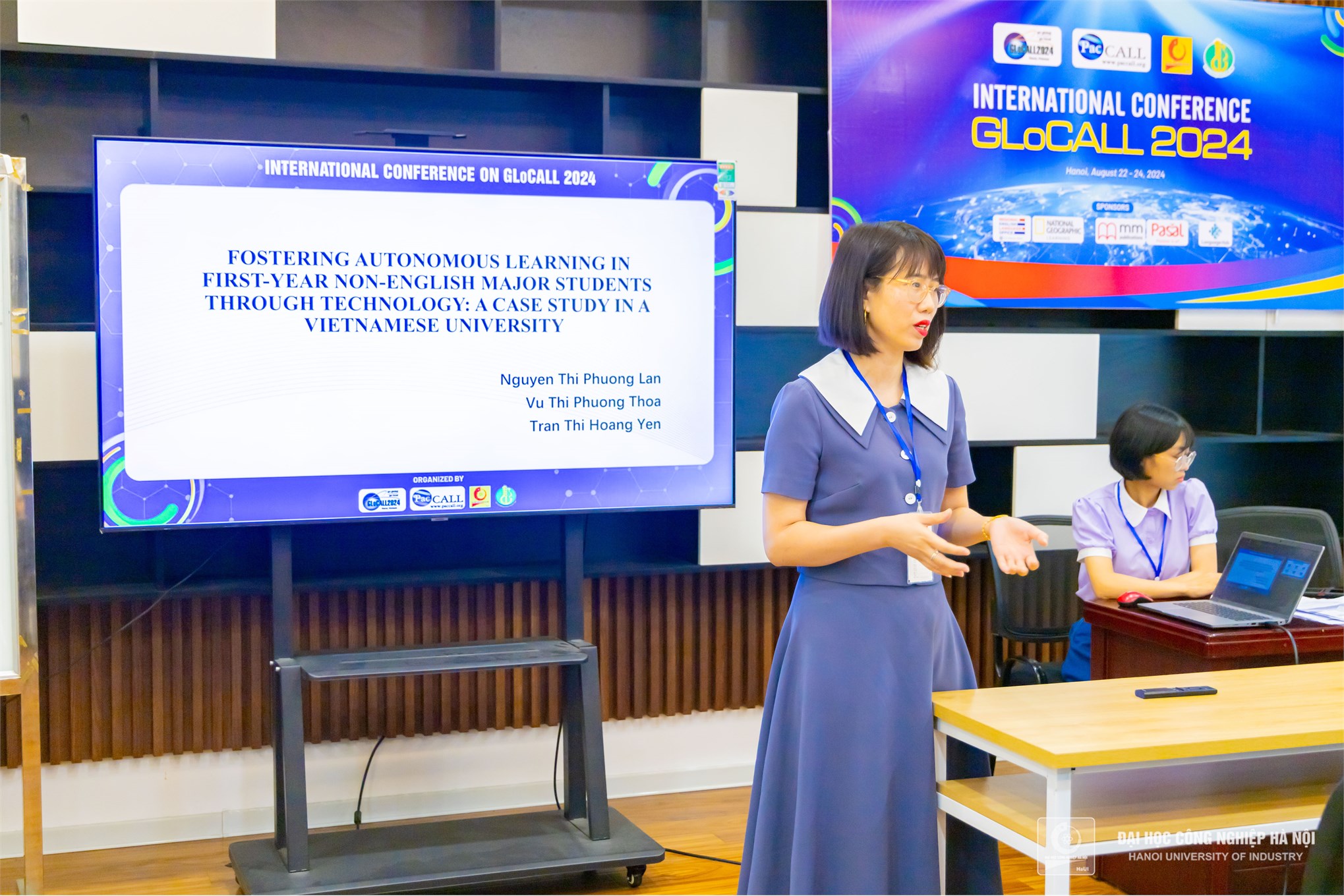
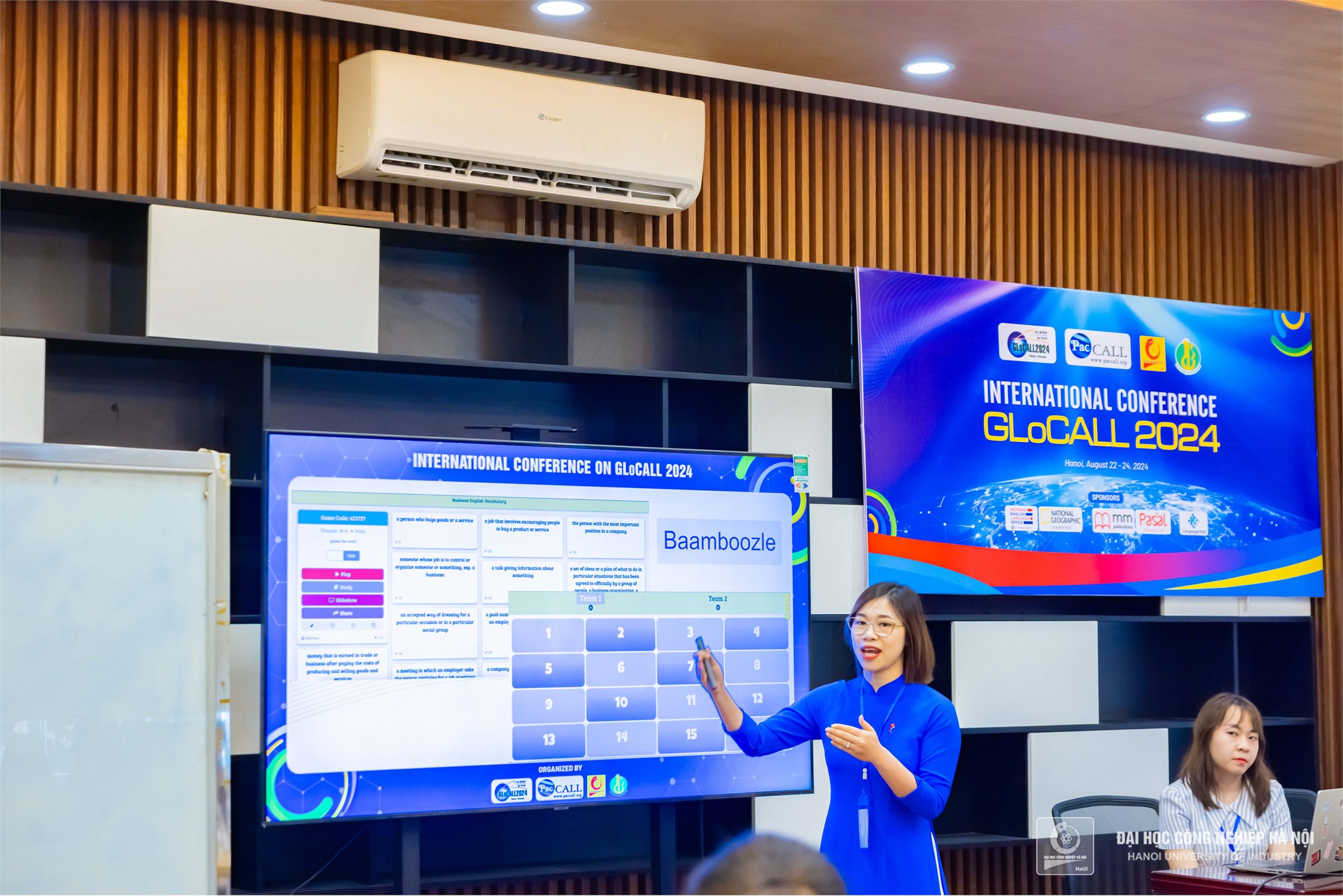
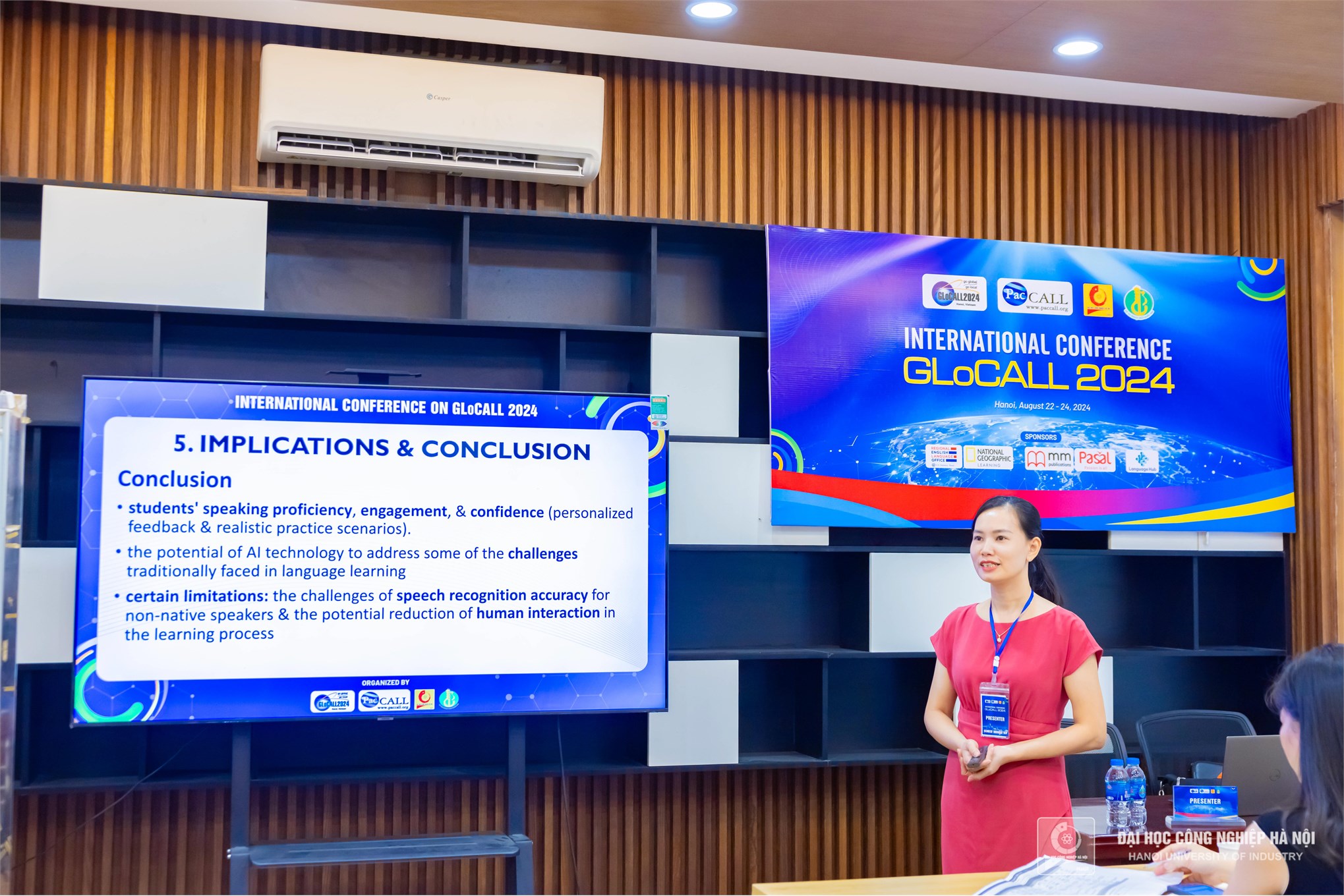
-
Thứ Hai, 16:00 26/08/2024
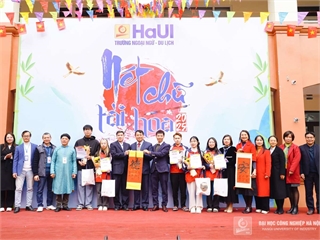
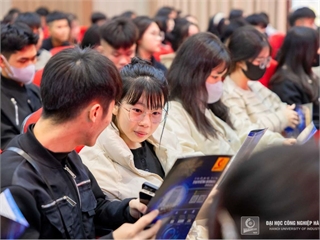
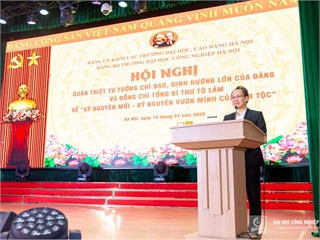
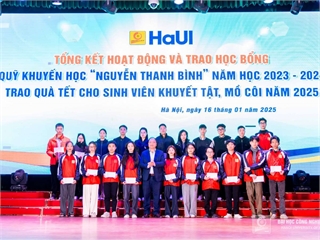
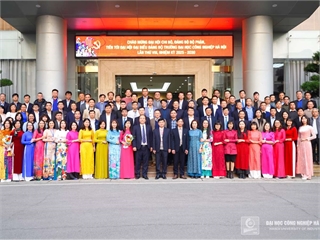
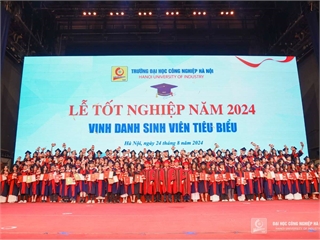
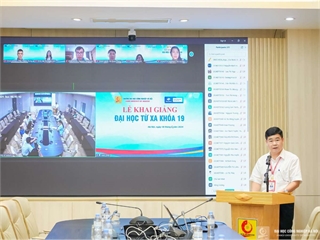

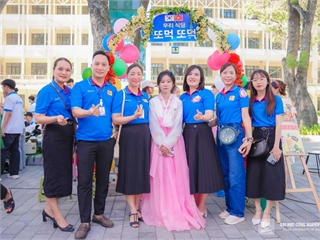
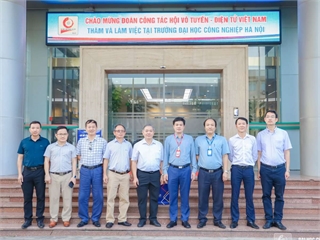
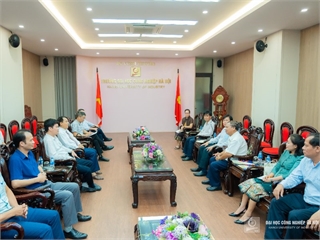
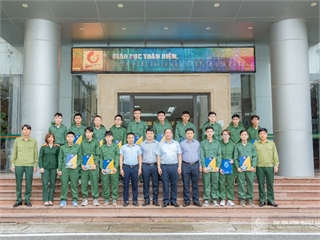
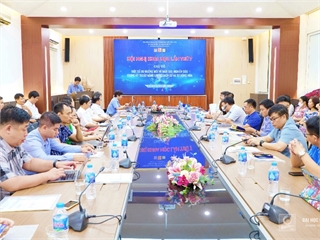
![[LIVESTREAM] Hiểu đúng ngành, chọn đúng nghề - Tư vấn chuyên sâu nhóm ngành Điện, Điện tử](https://www.haui.edu.vn/media/84/m84969.jpg)
![[LIVESTREAM] Hiểu đúng ngành, chọn đúng nghề - Tư vấn chuyên sâu nhóm ngành Ngôn ngữ, Văn hóa, Du lịch & Khách sạn](https://www.haui.edu.vn/media/84/m84967.jpg)